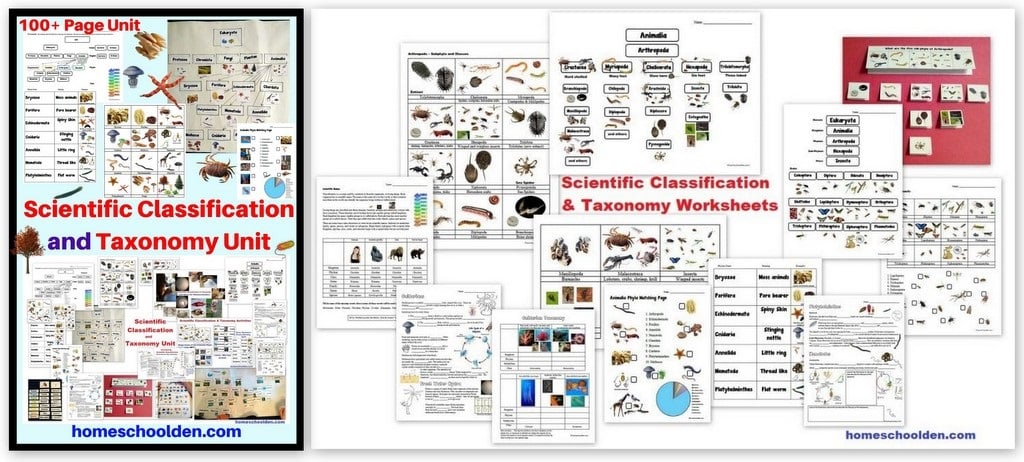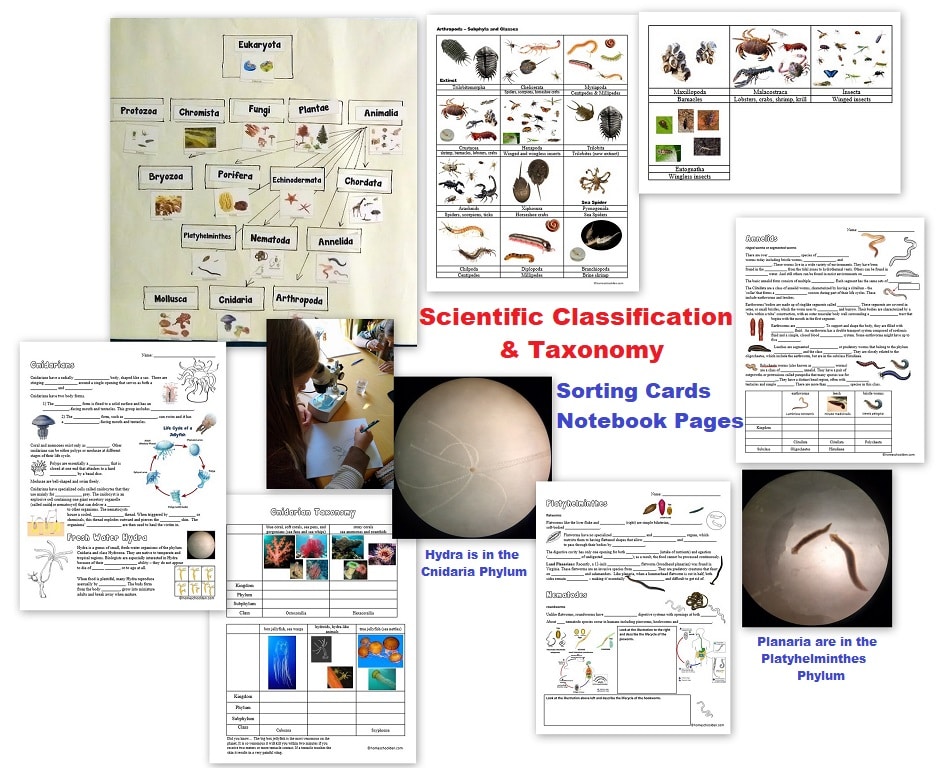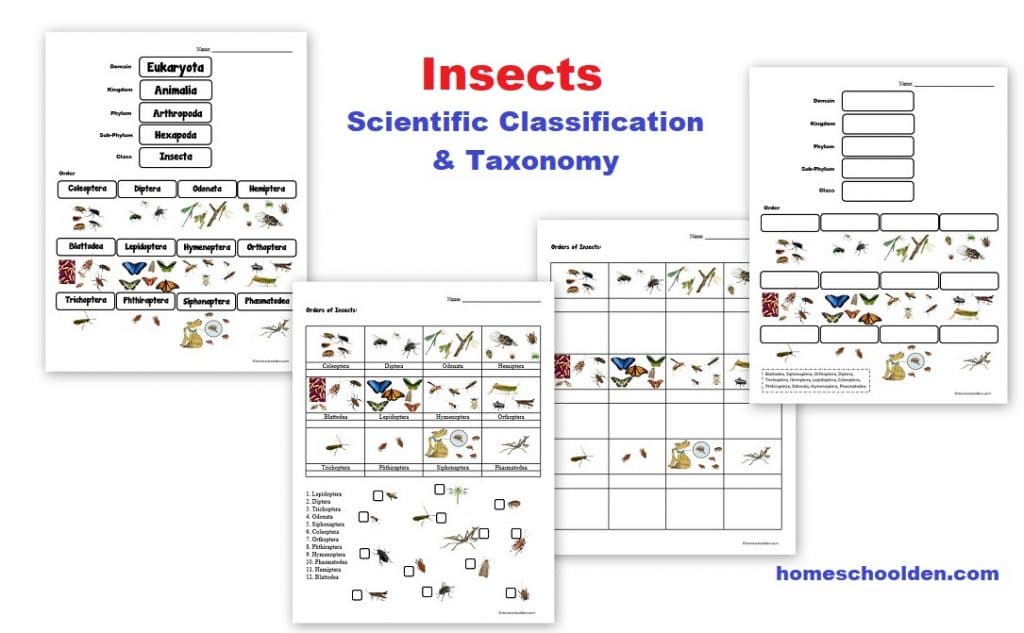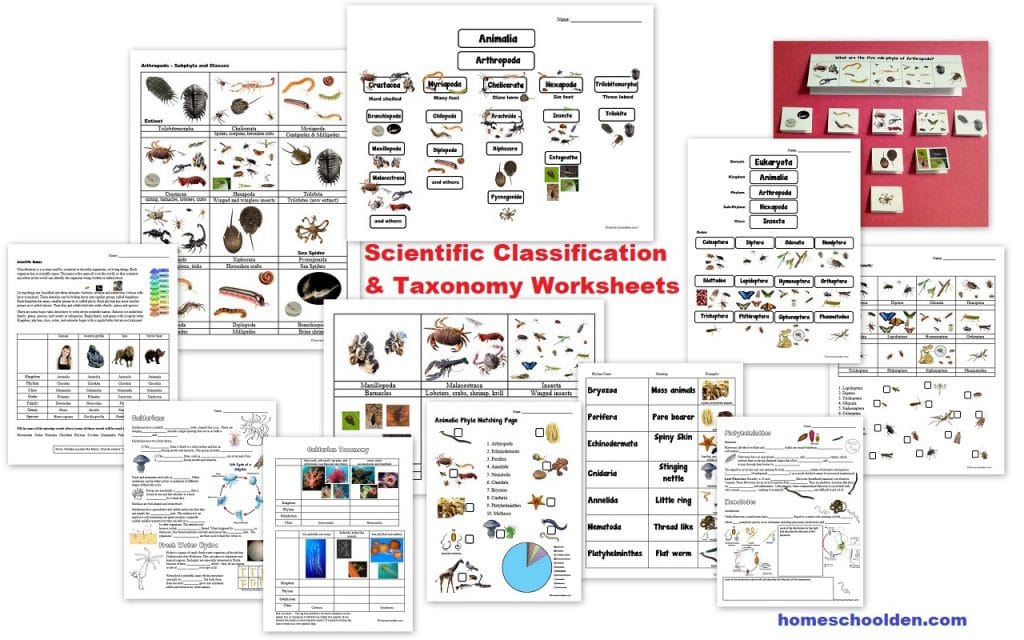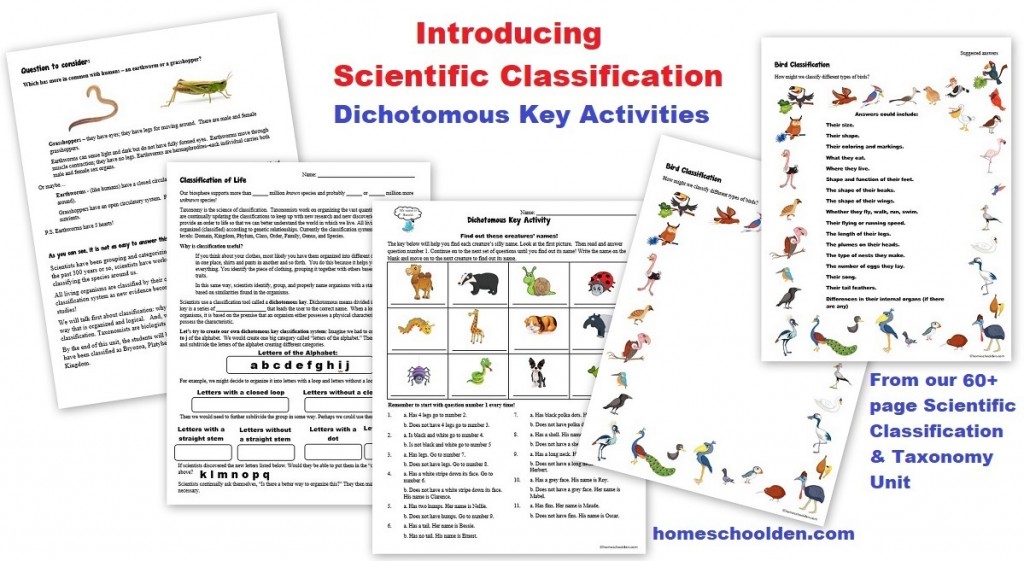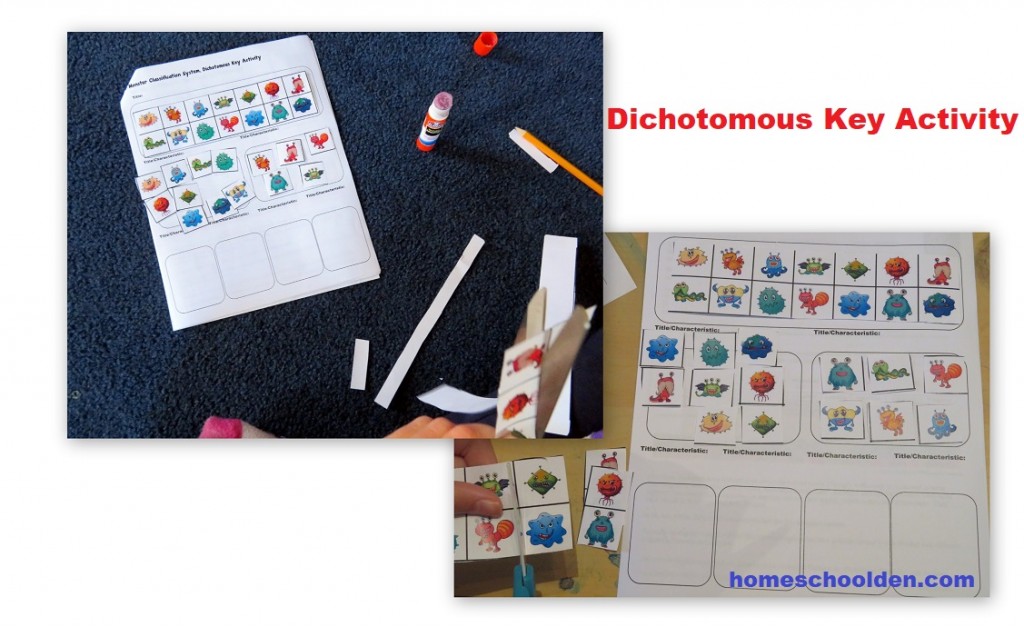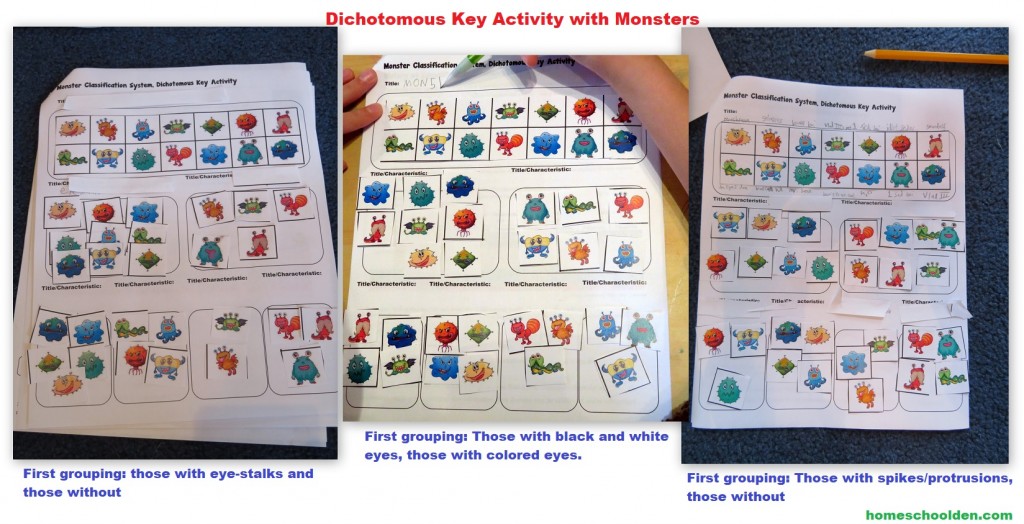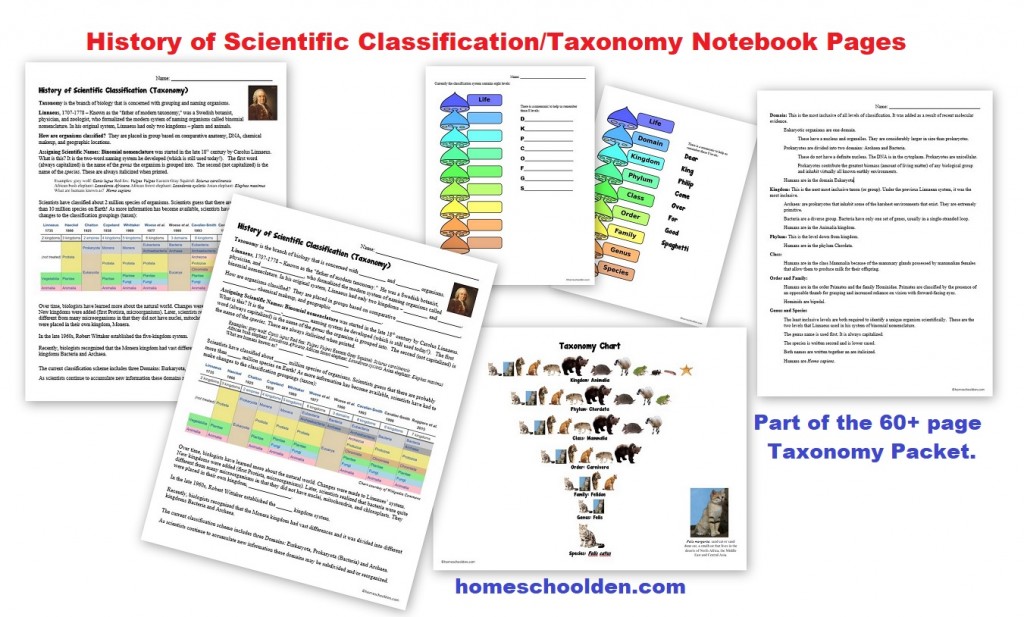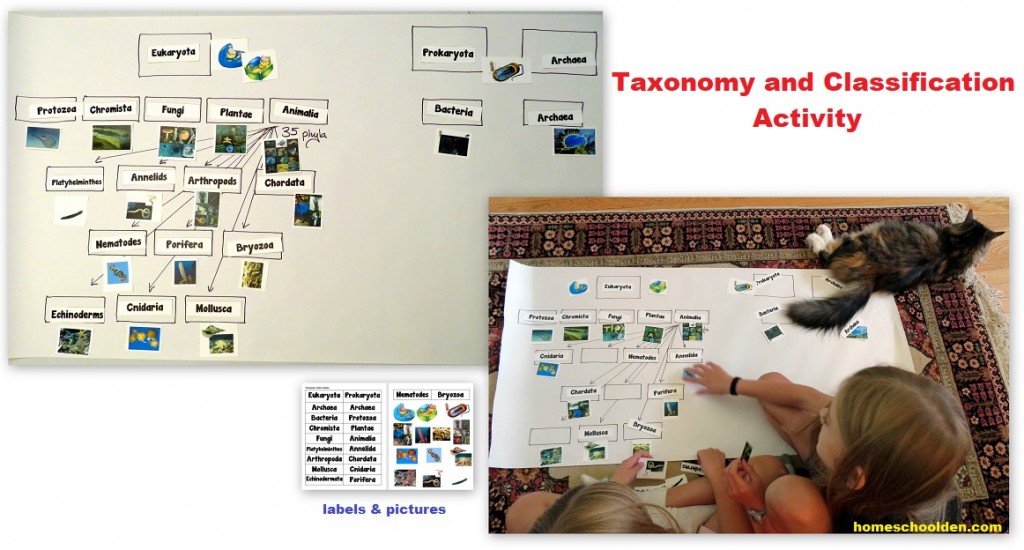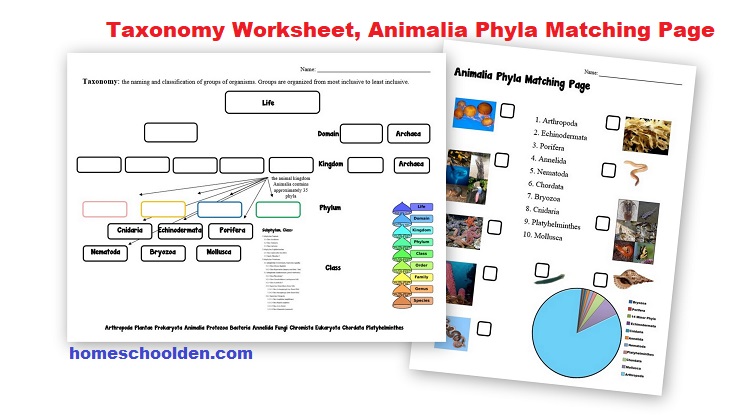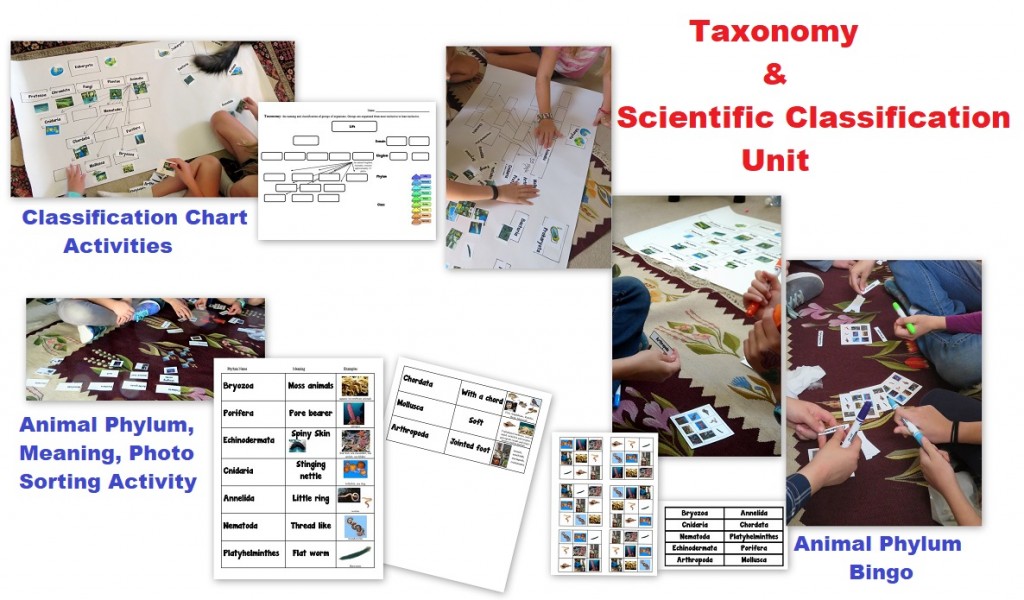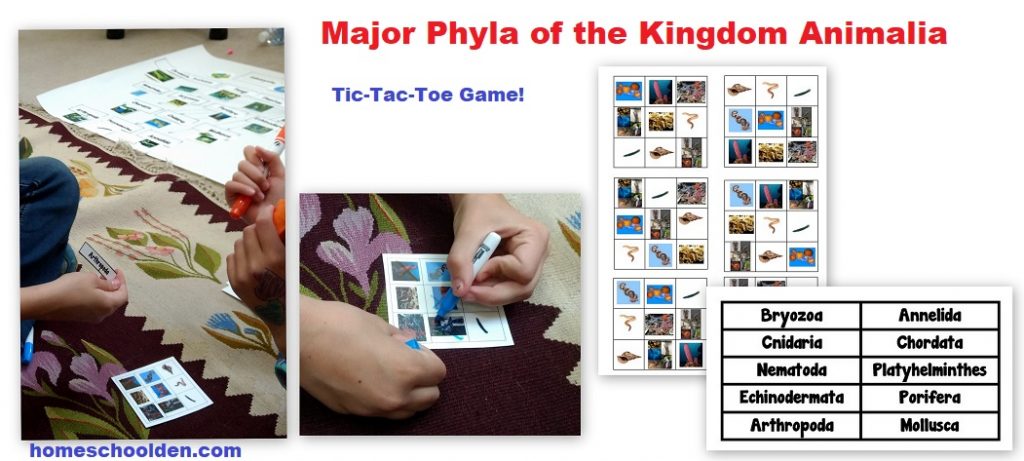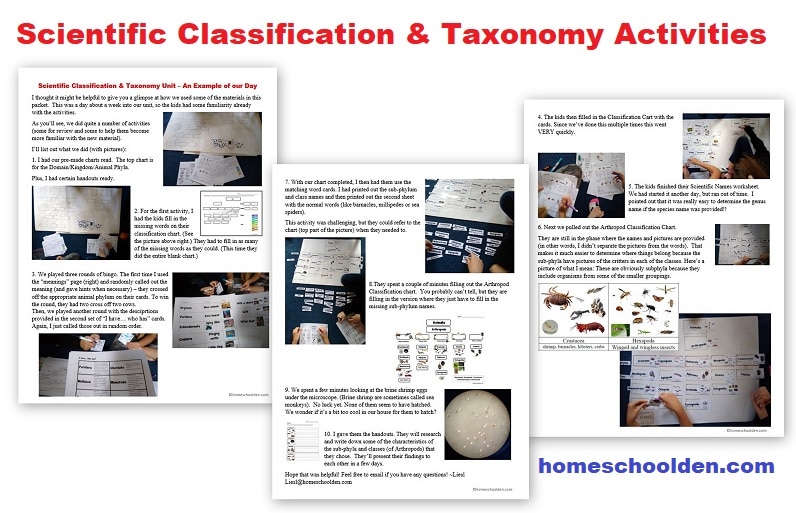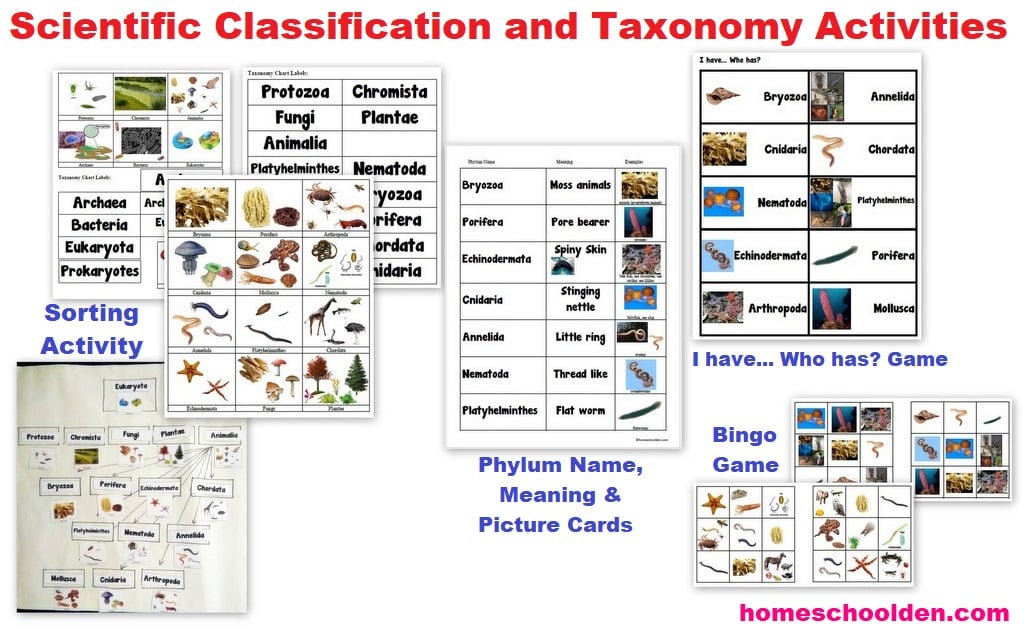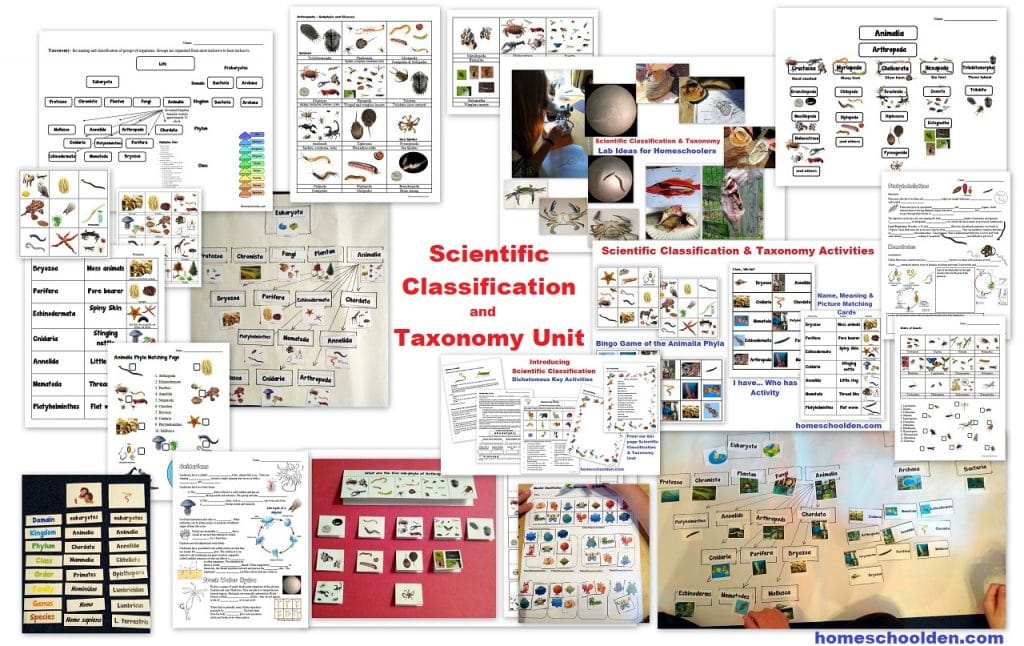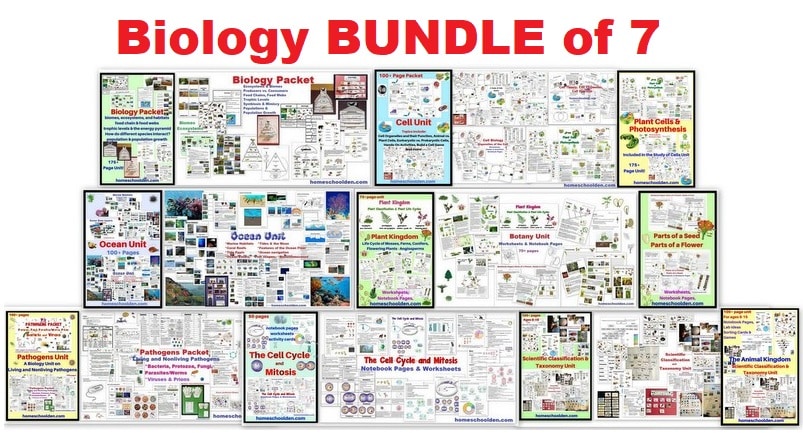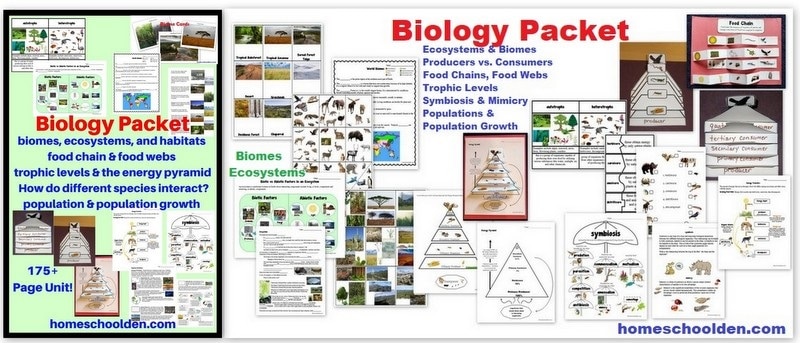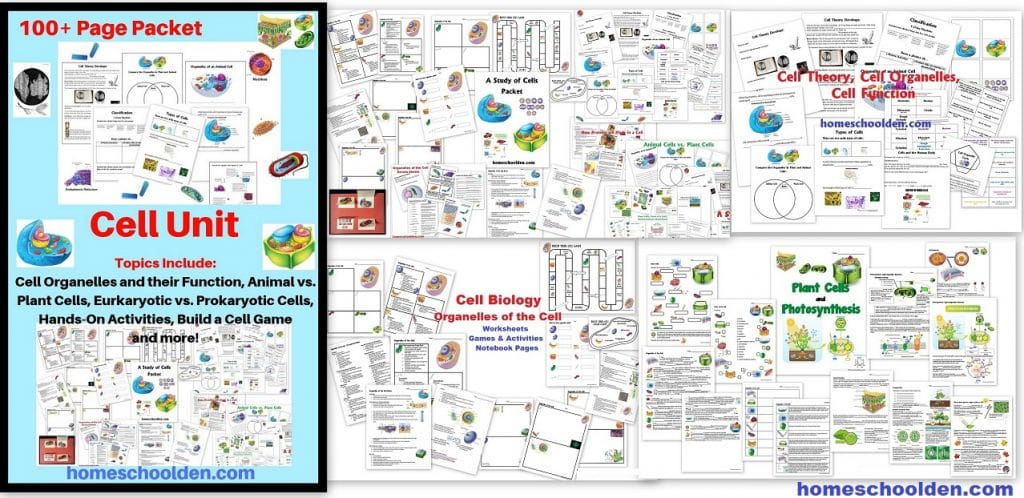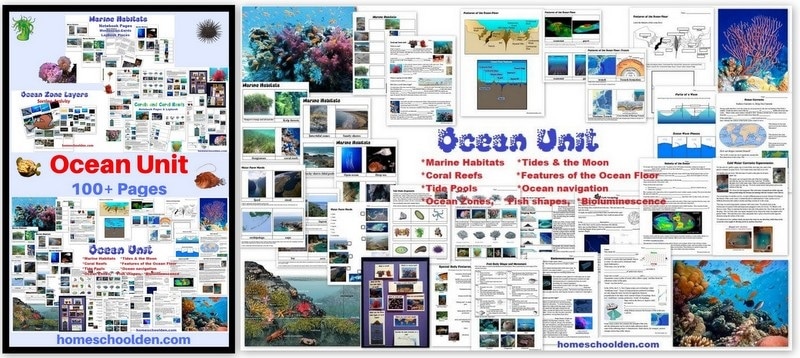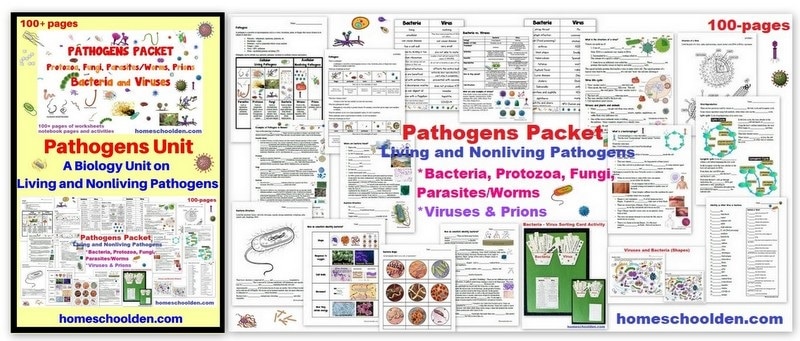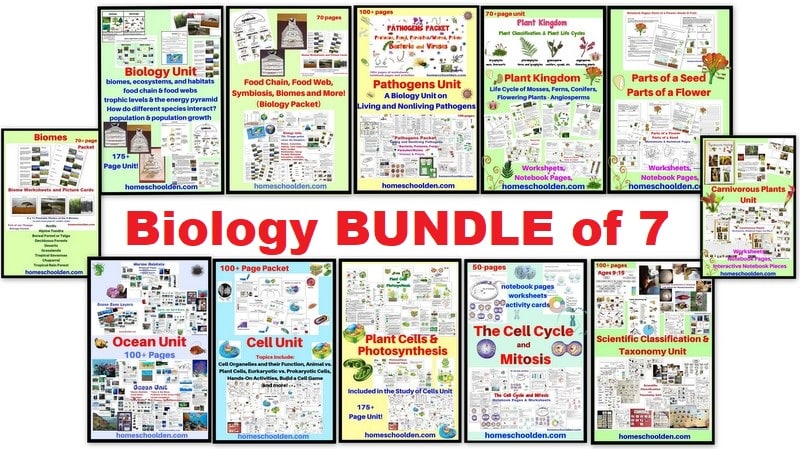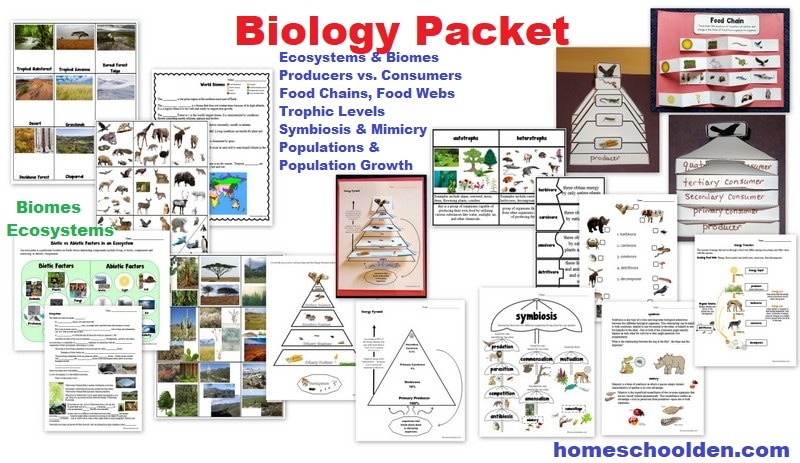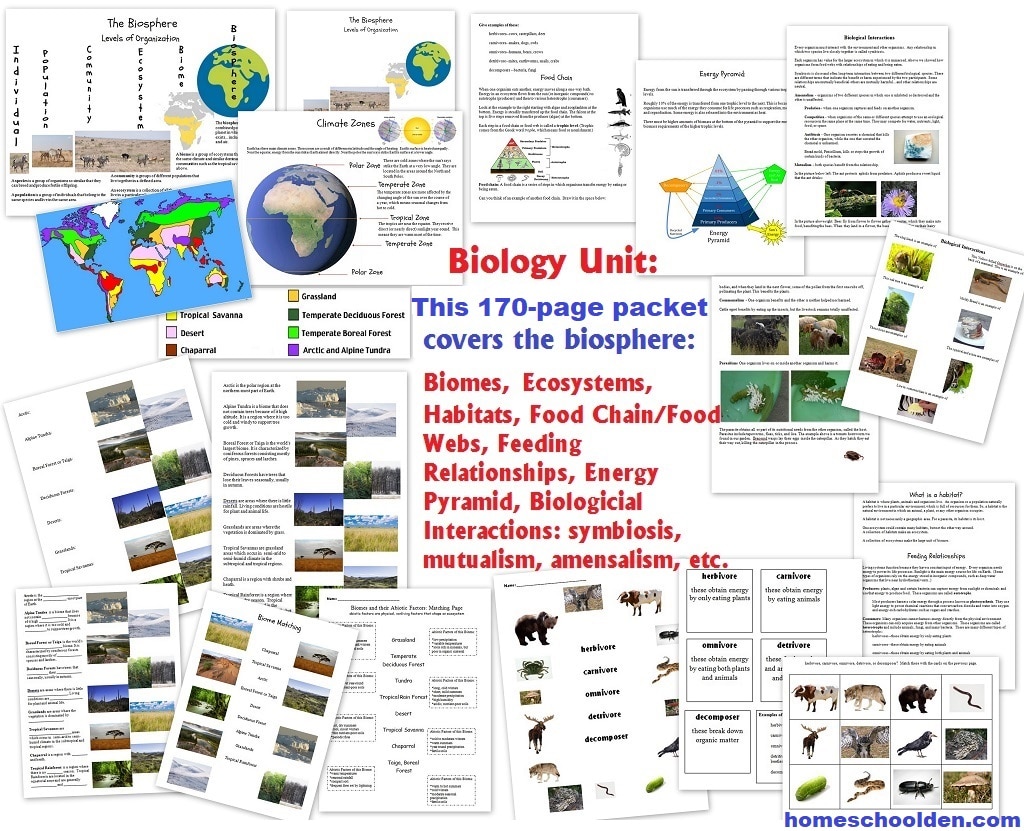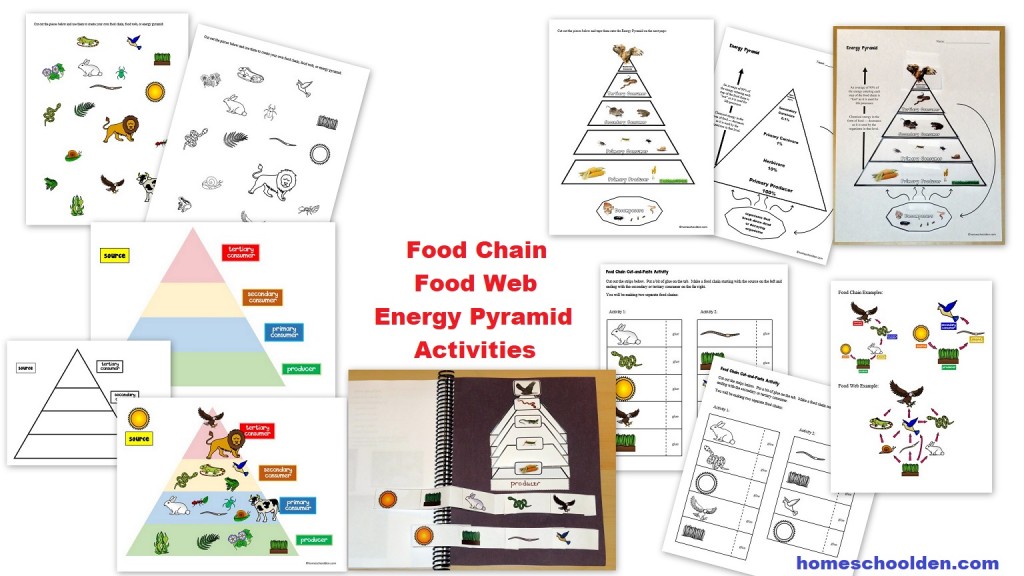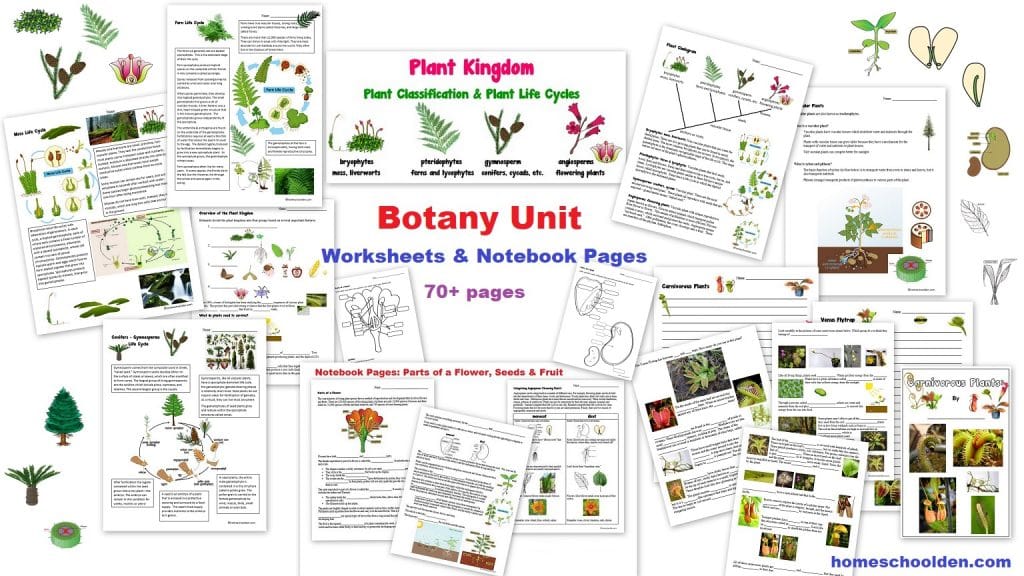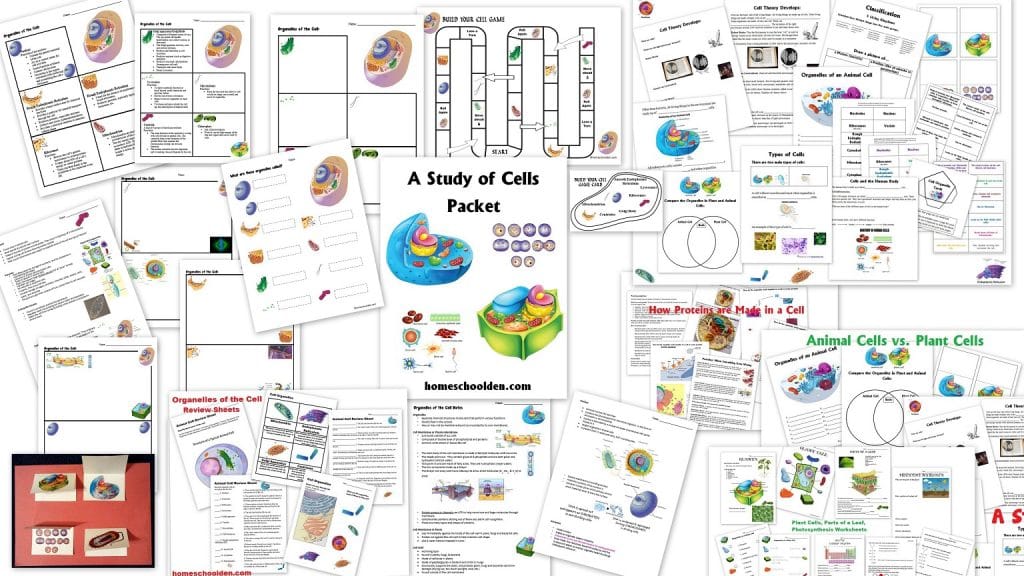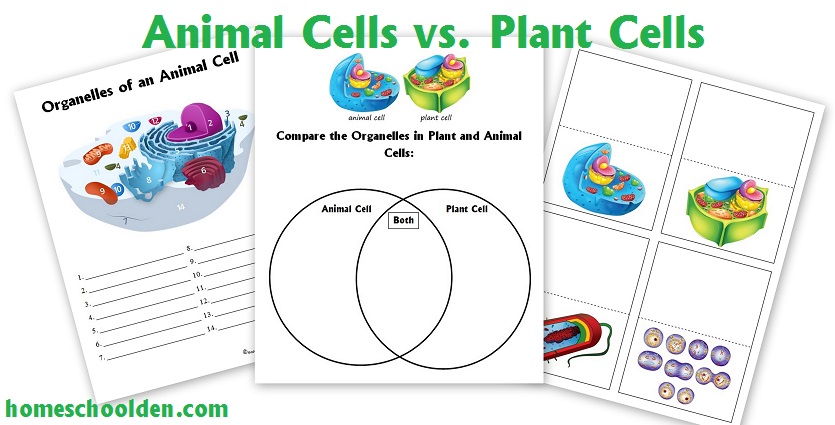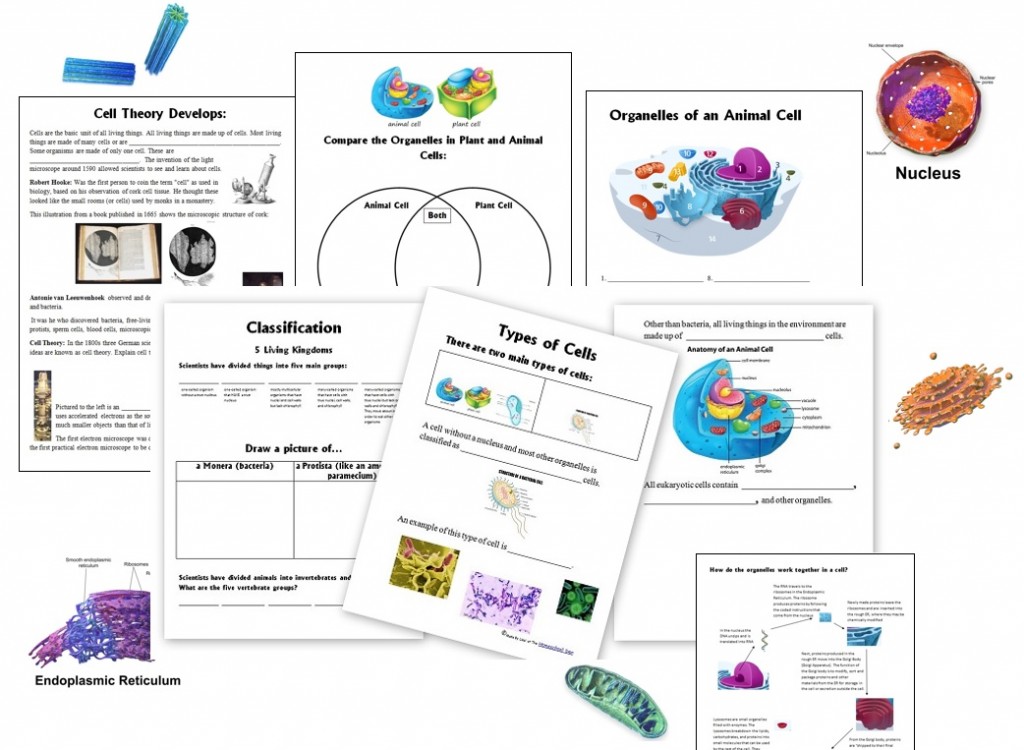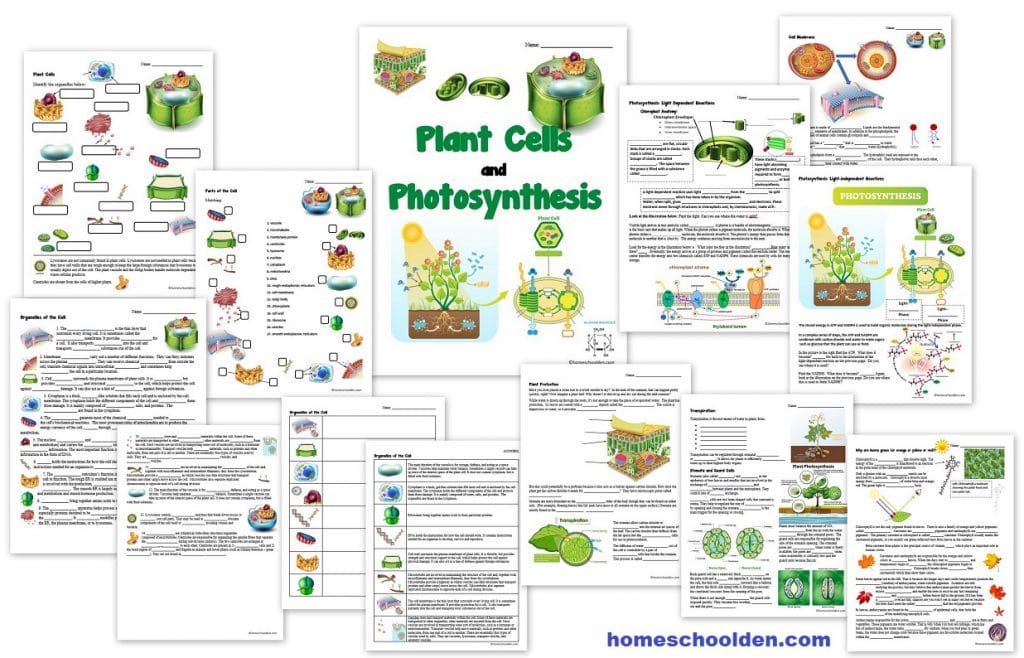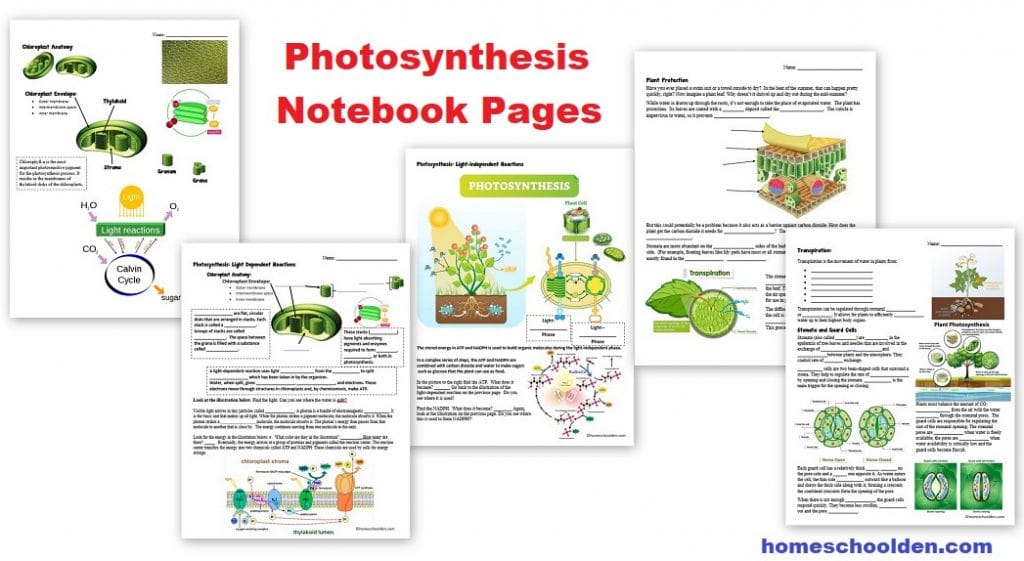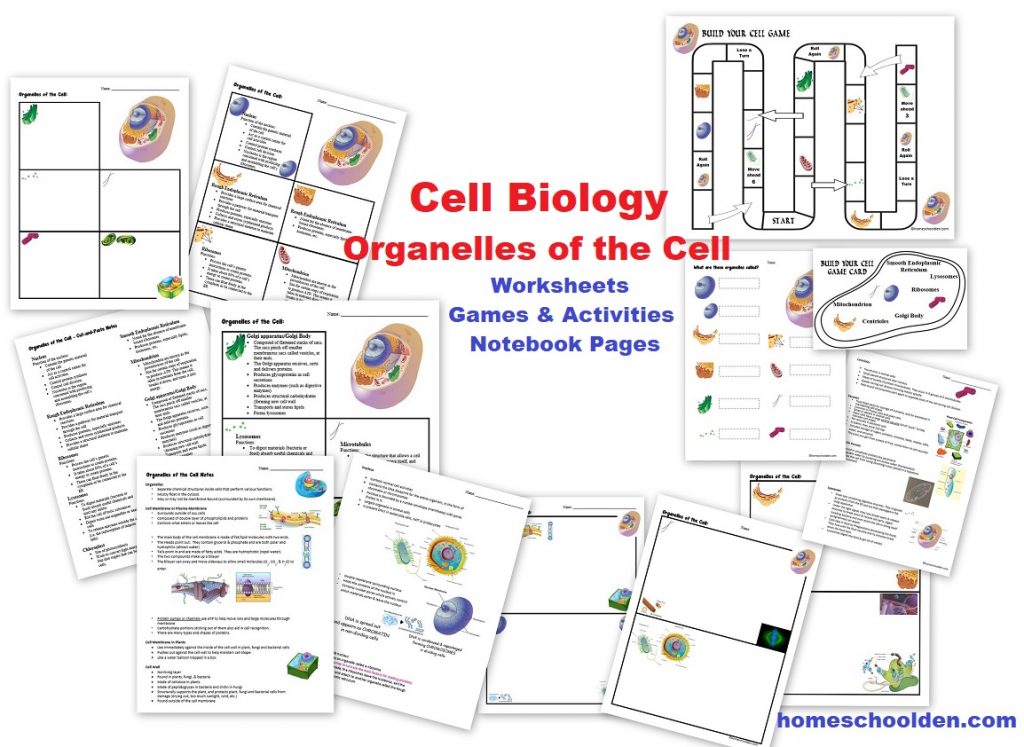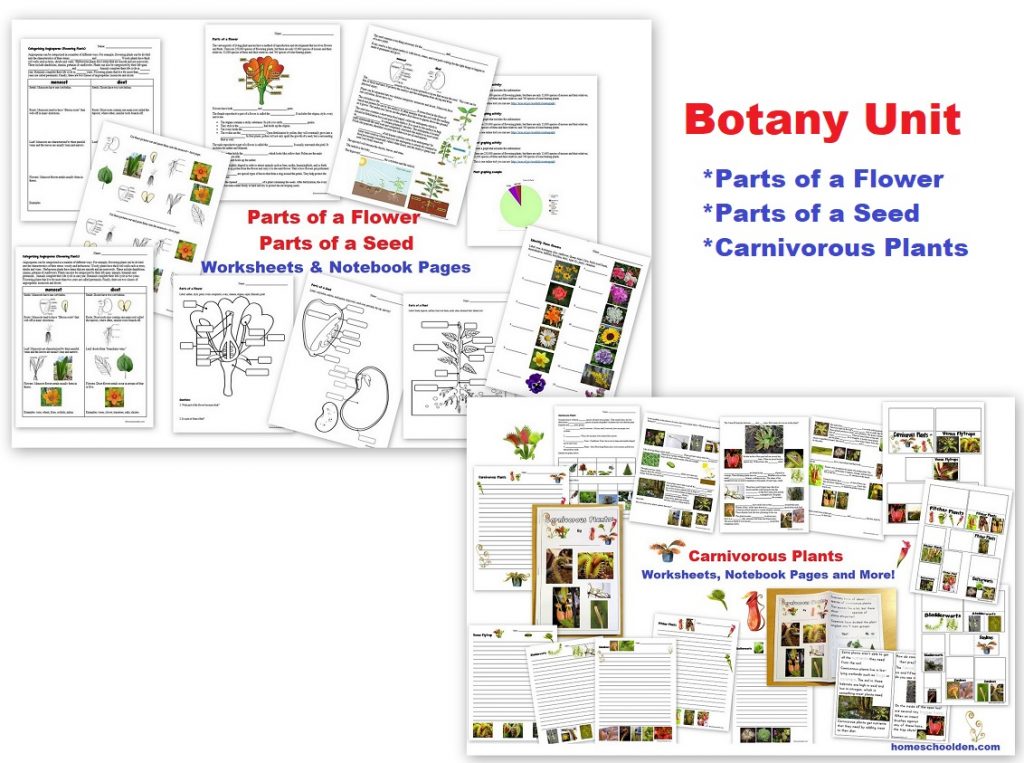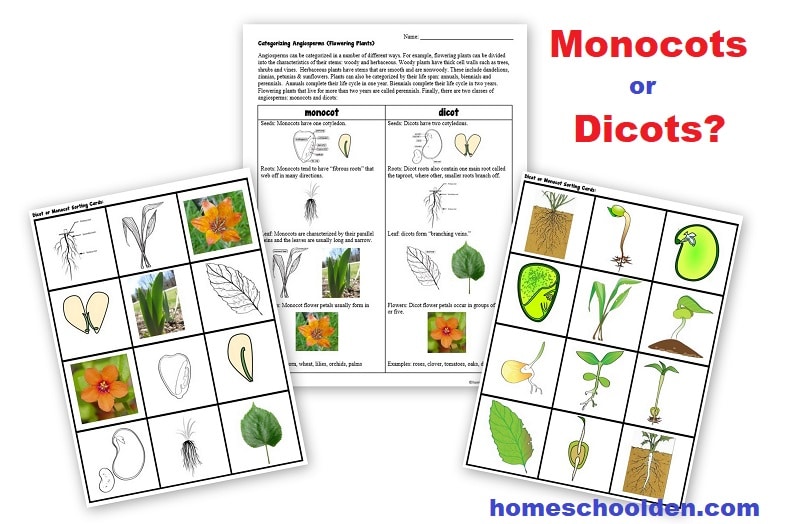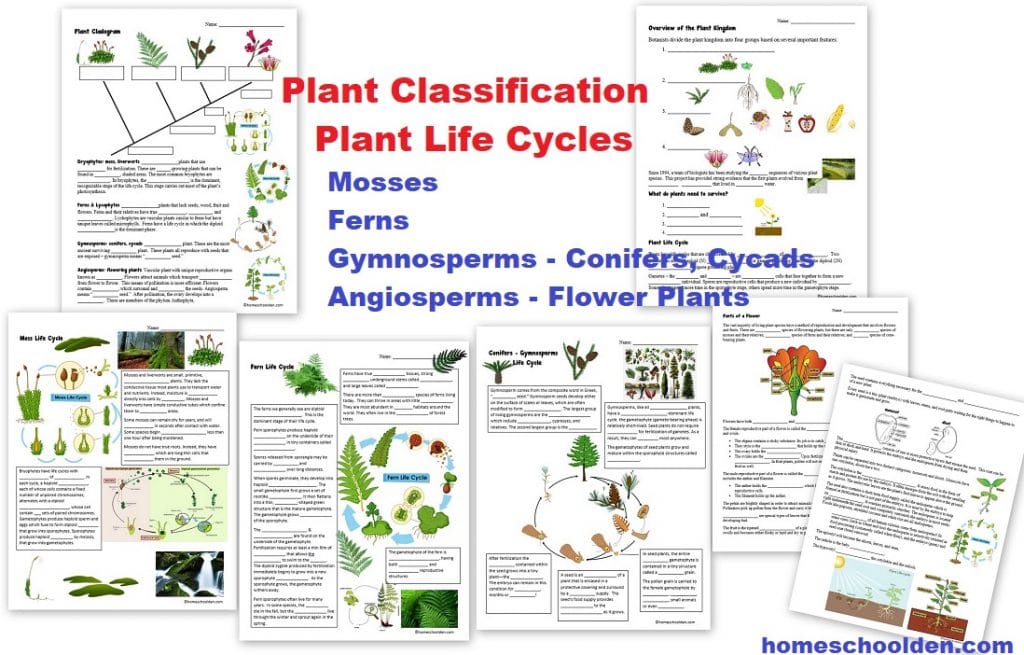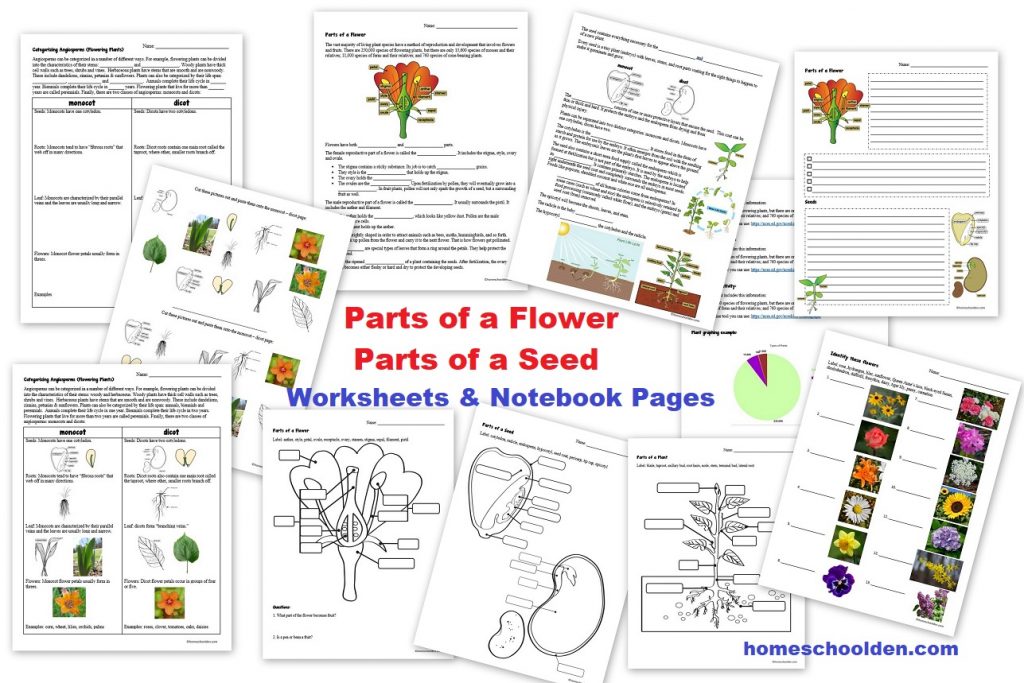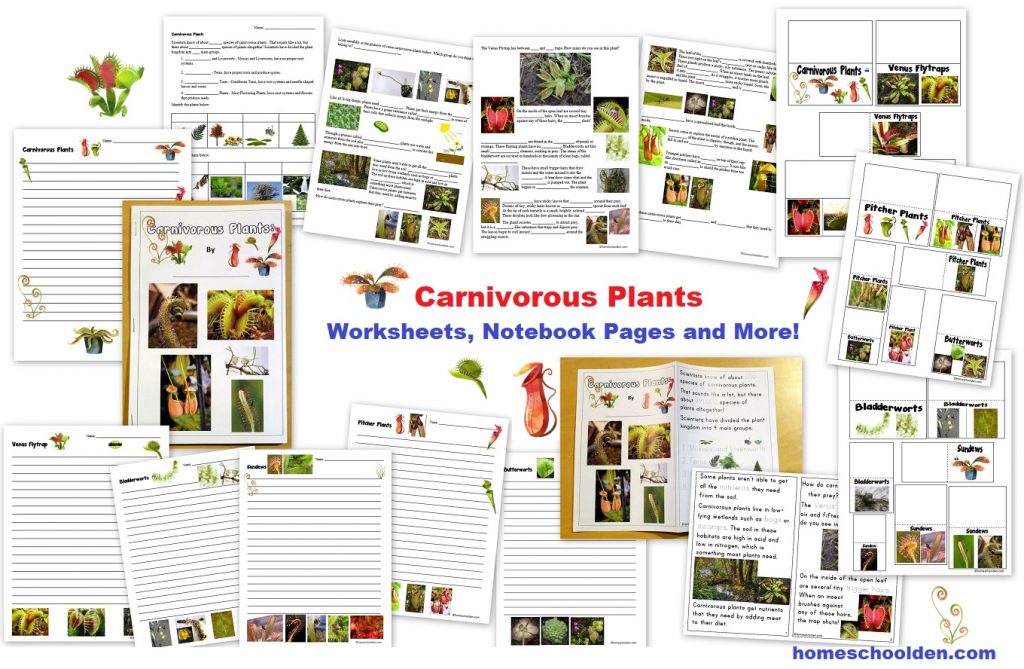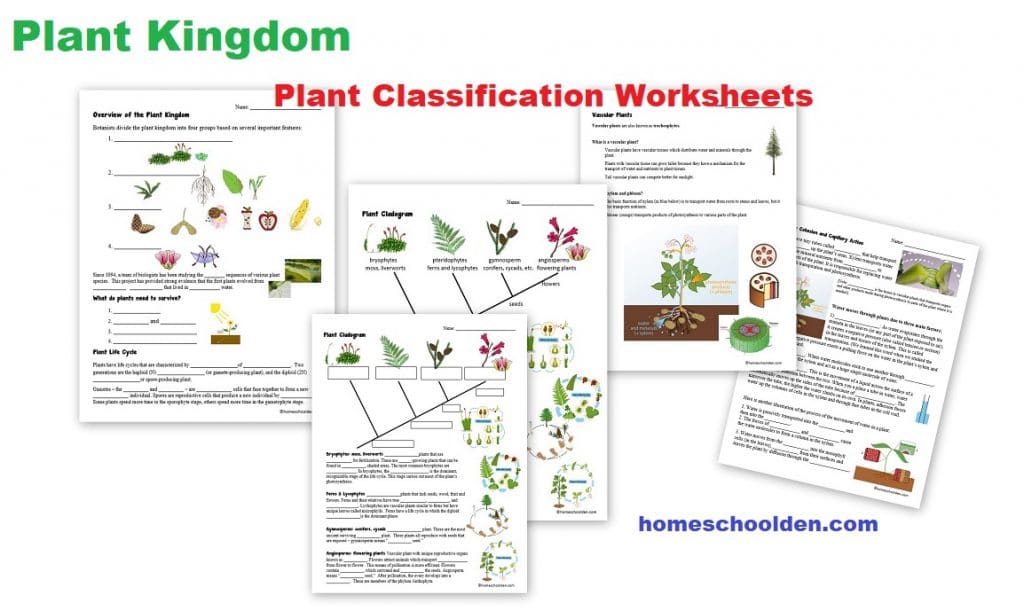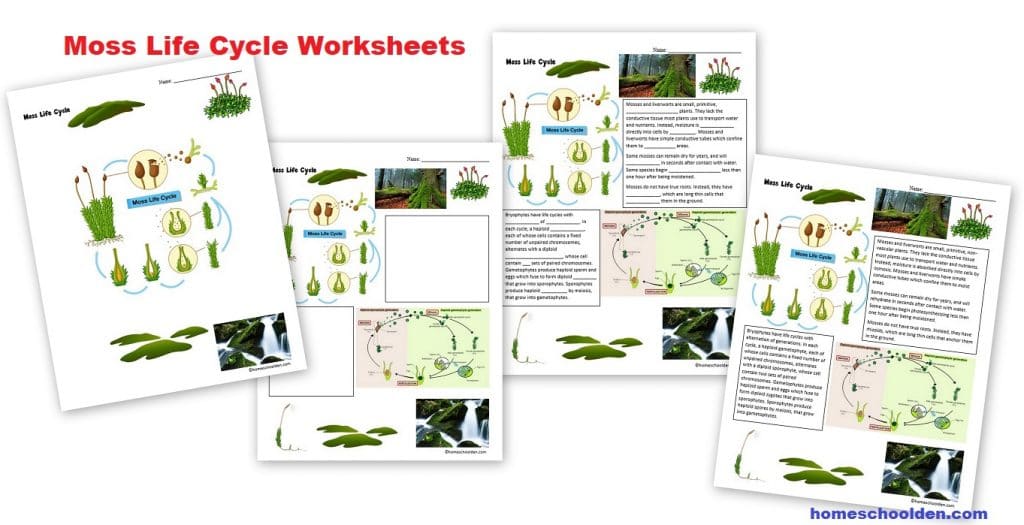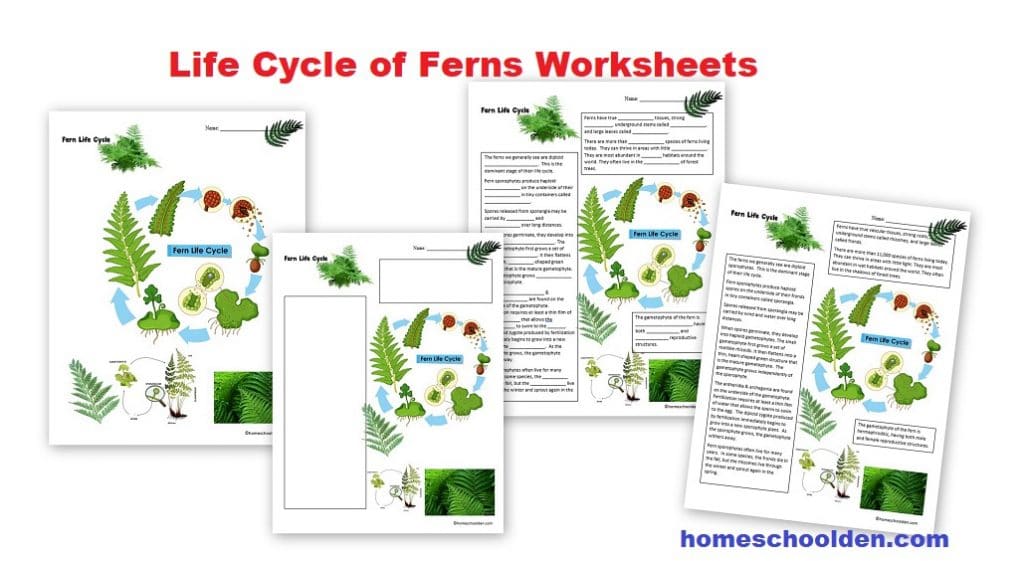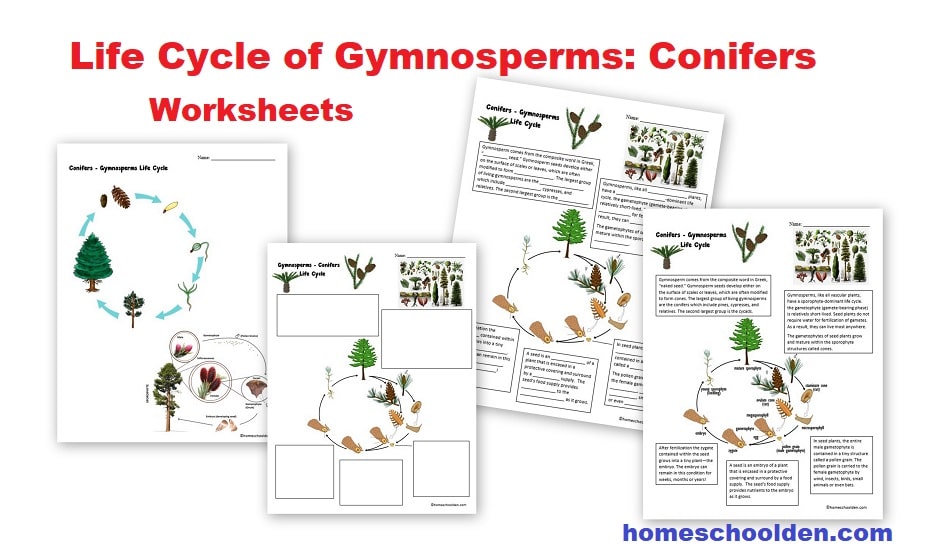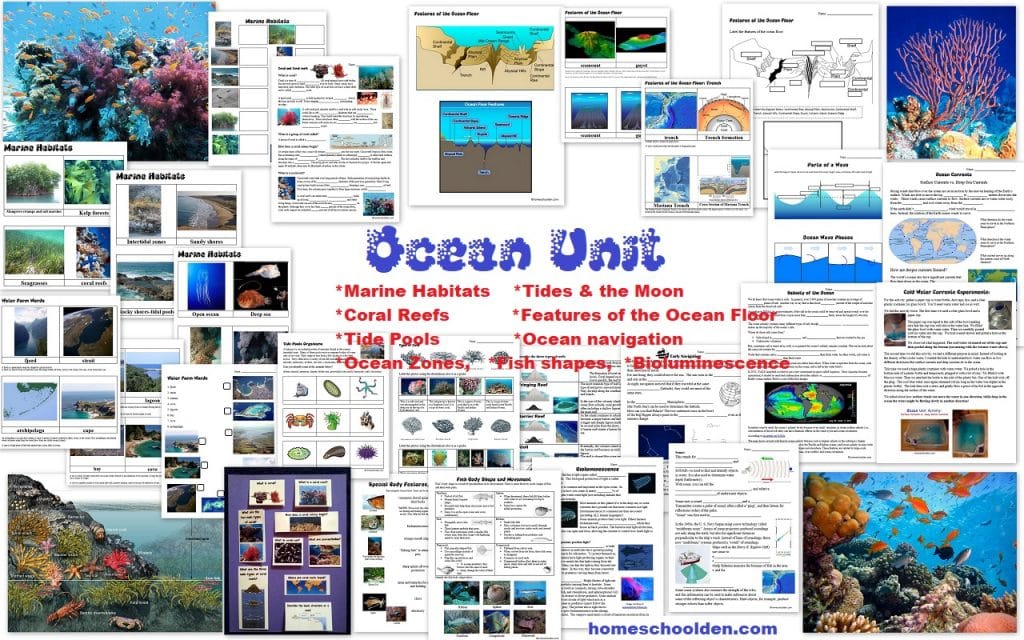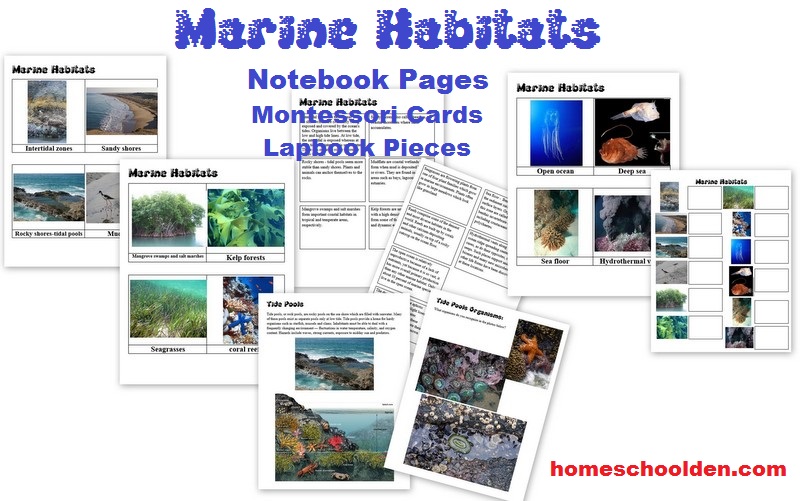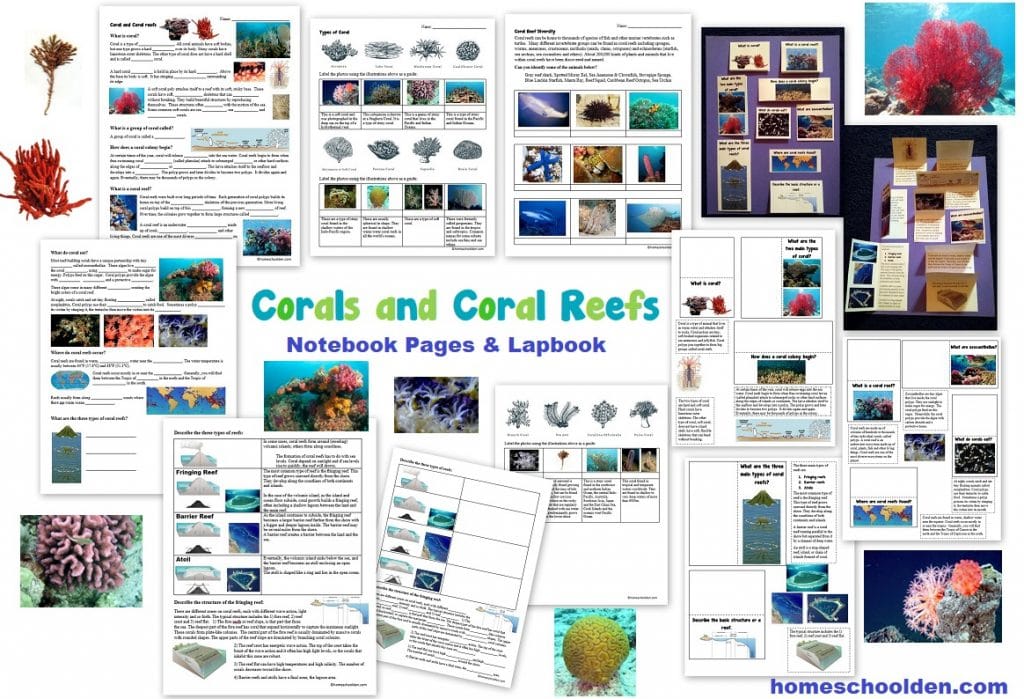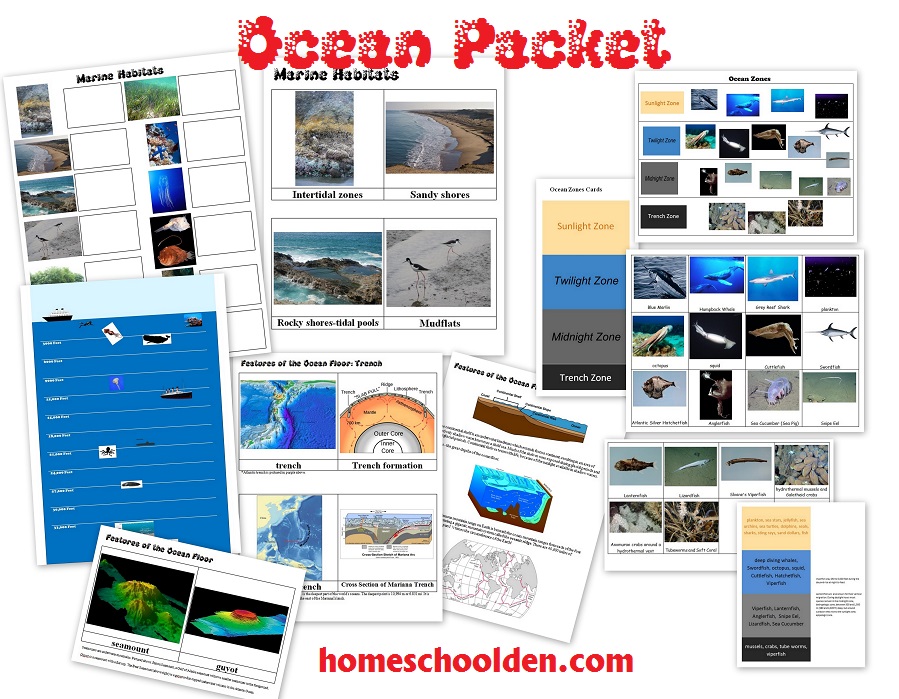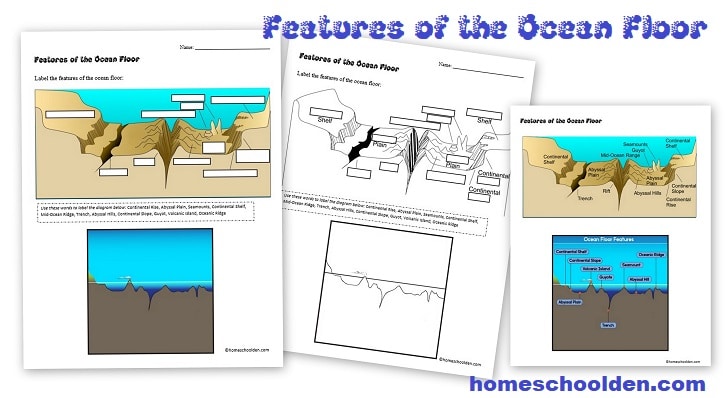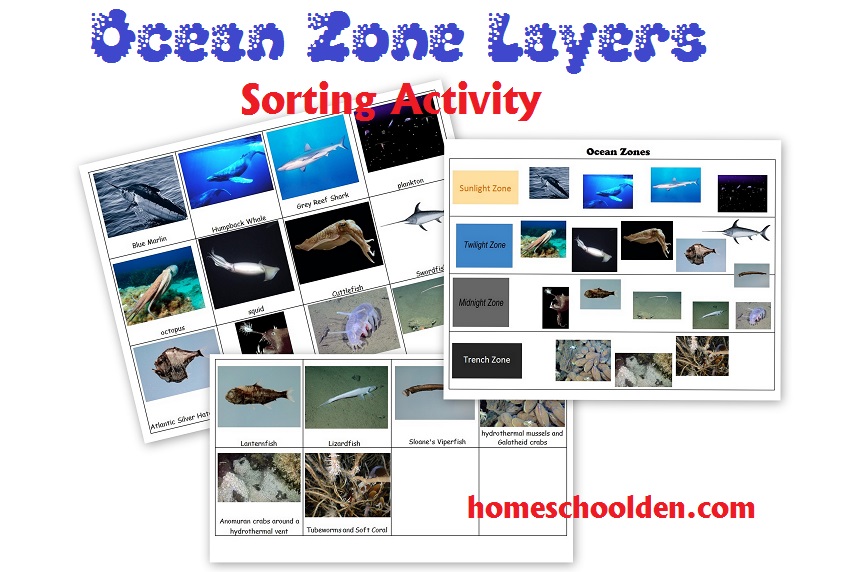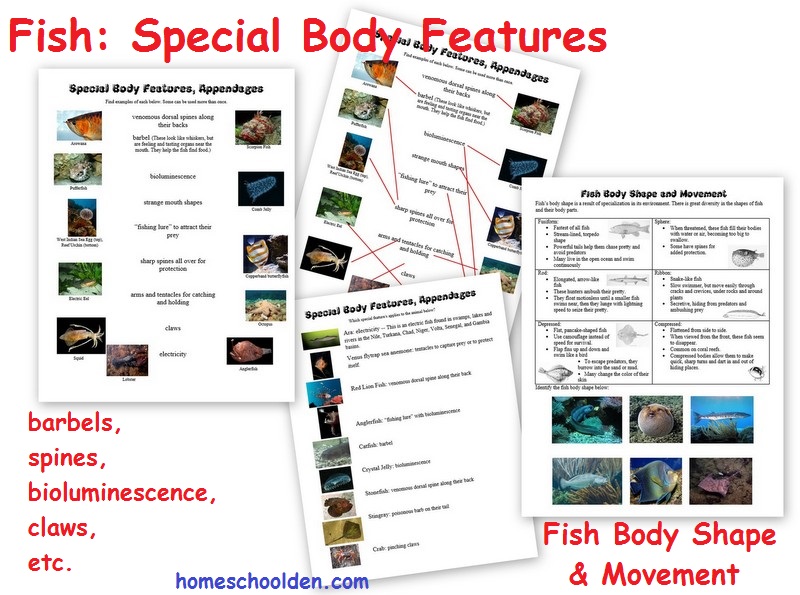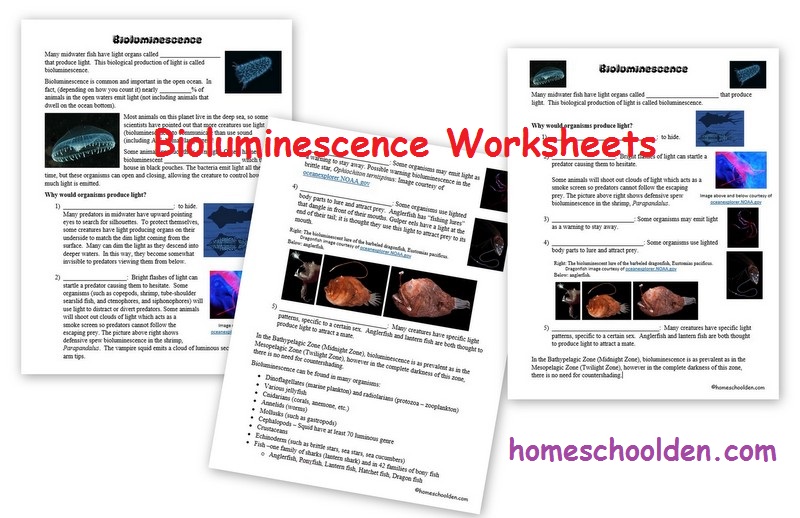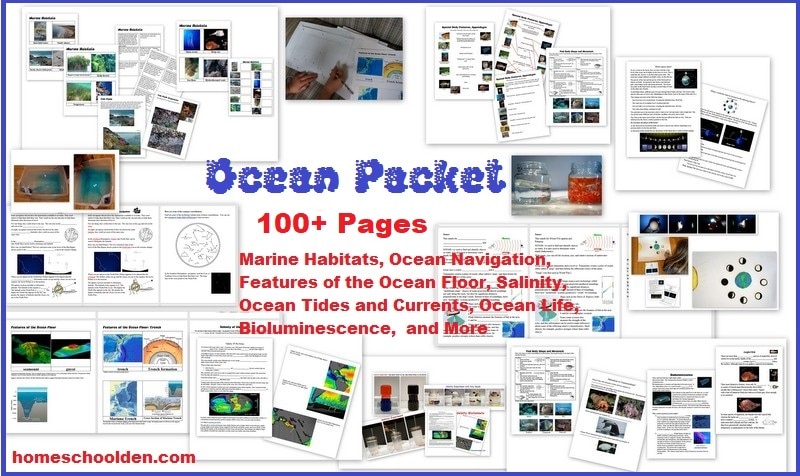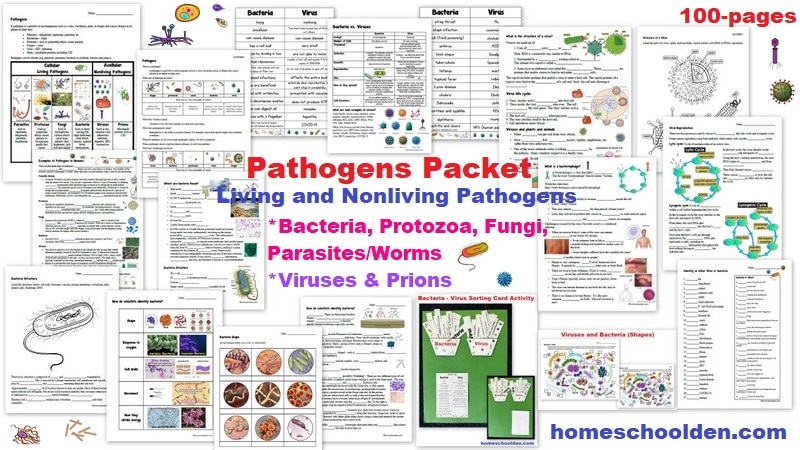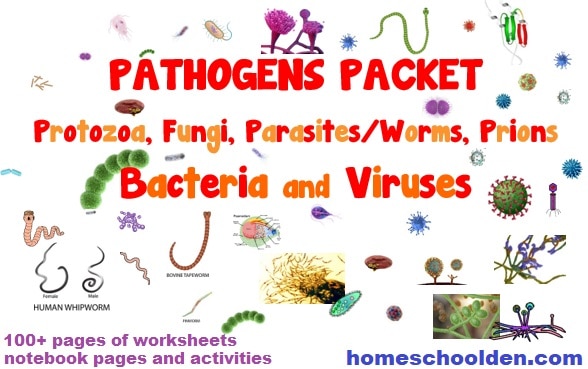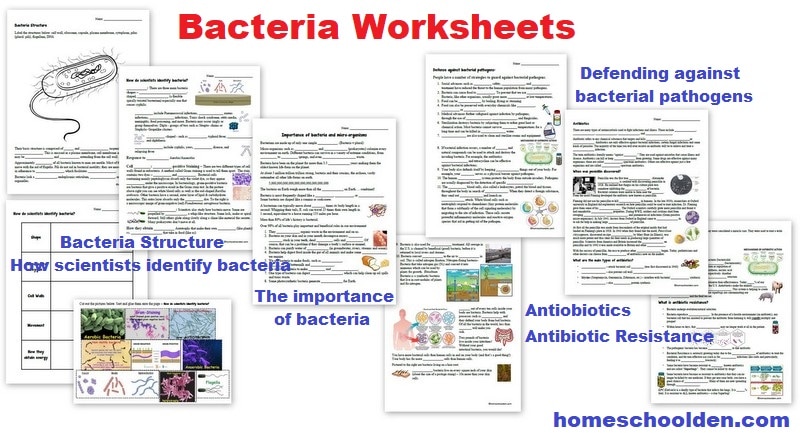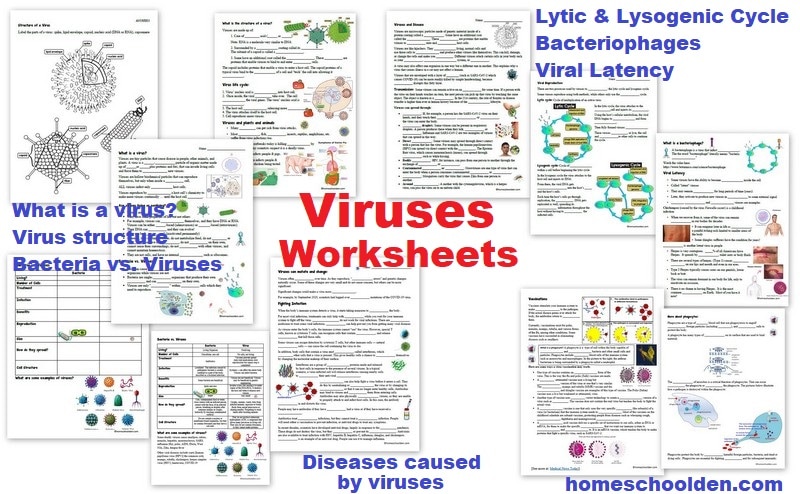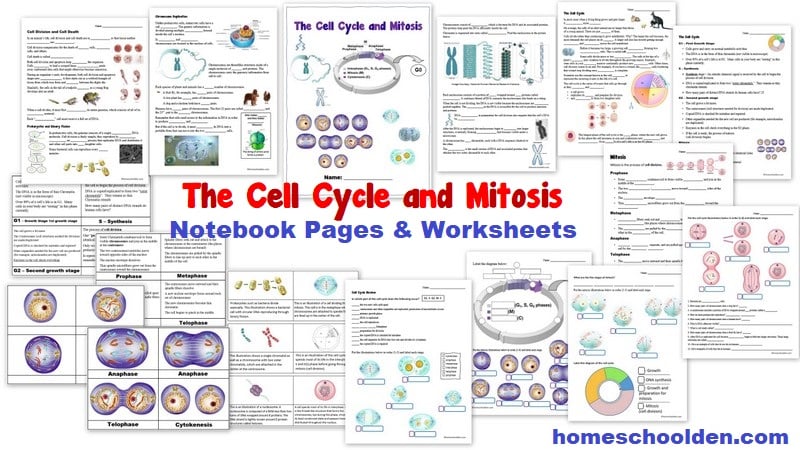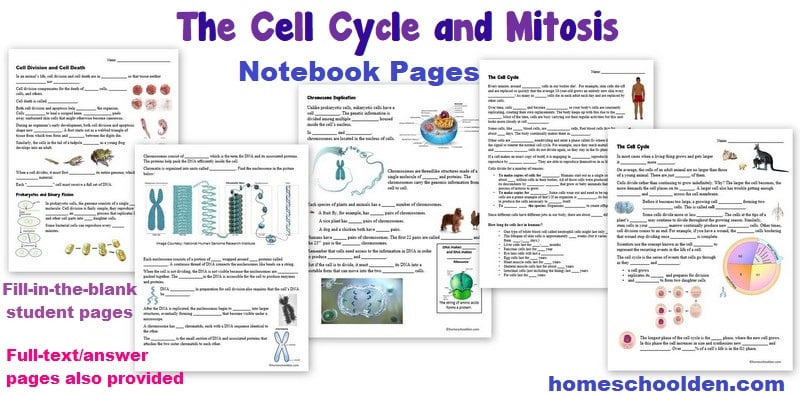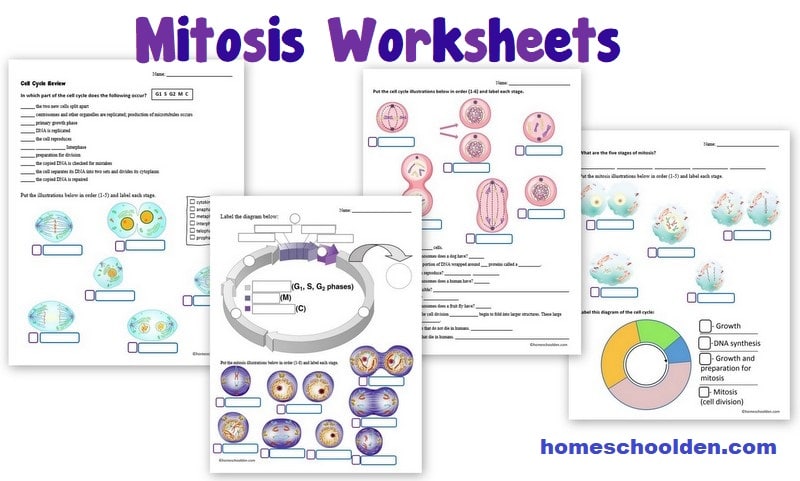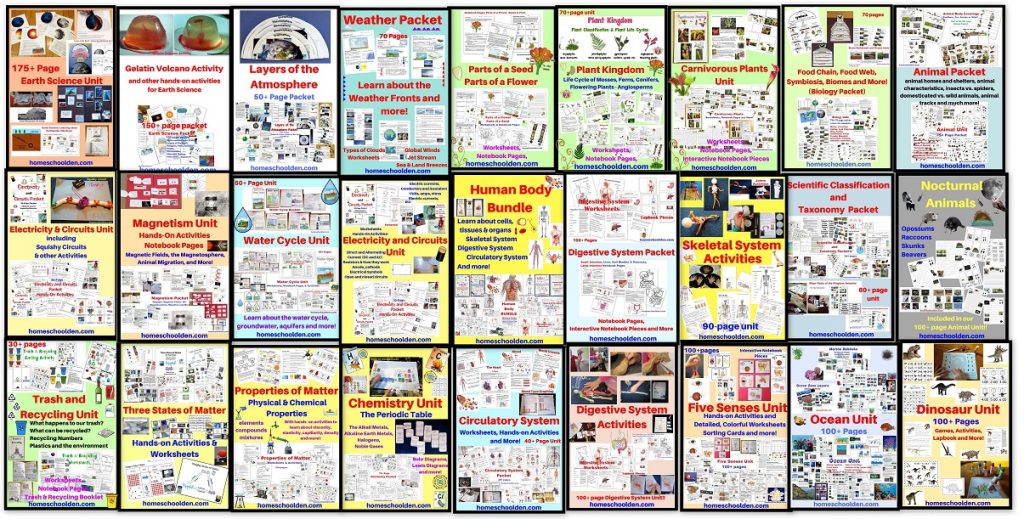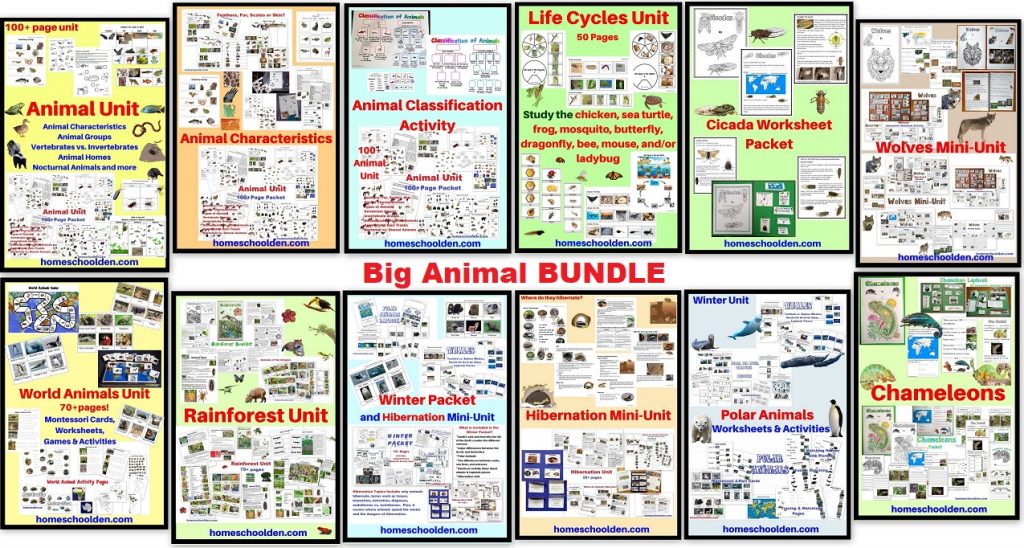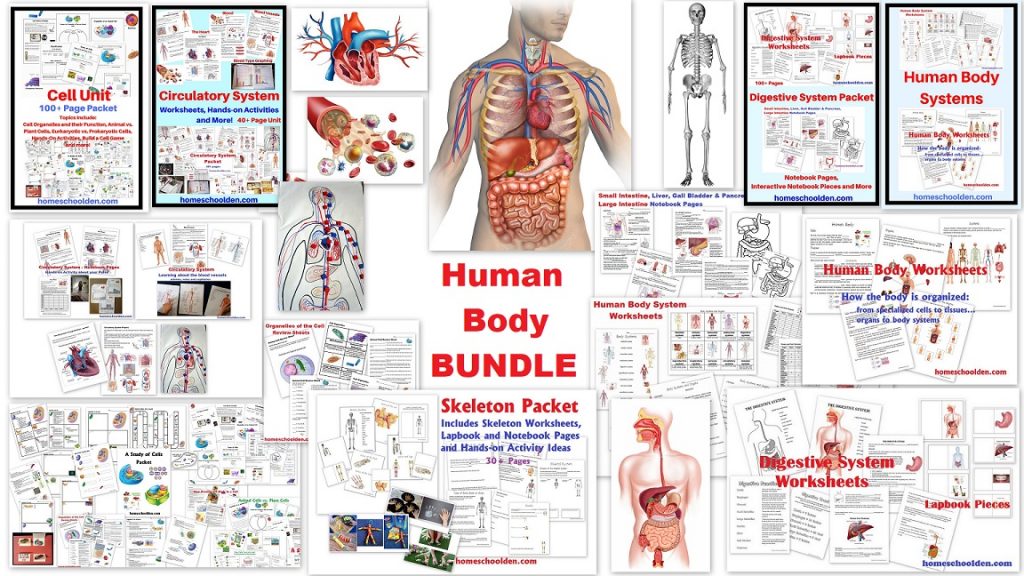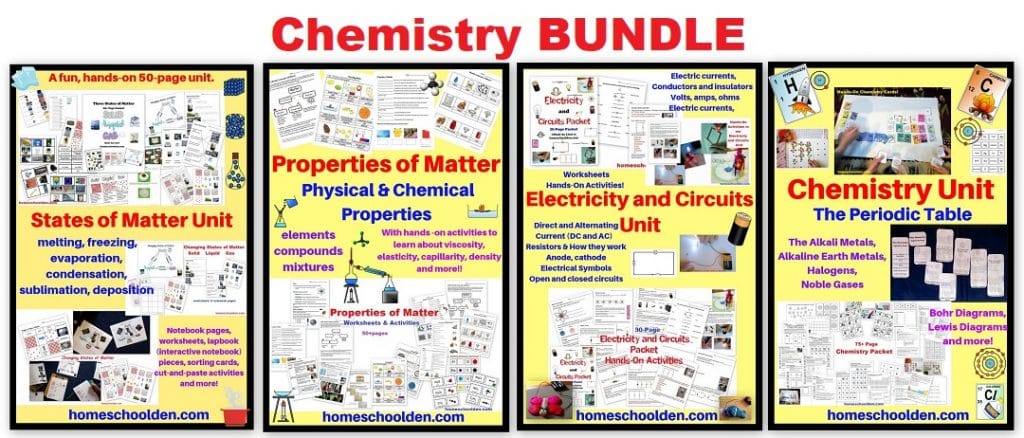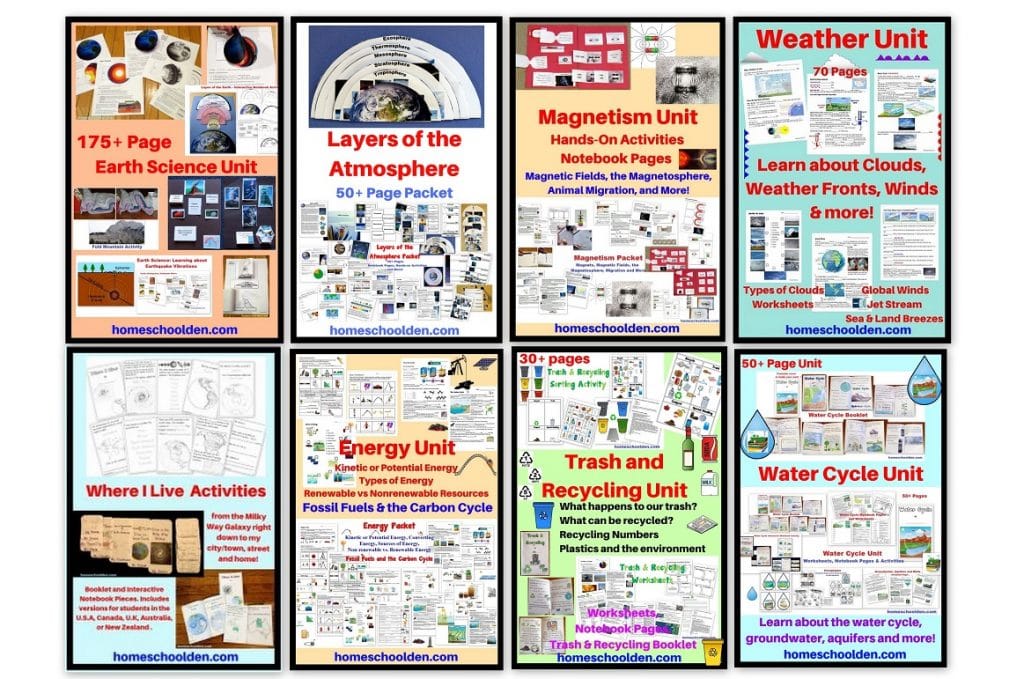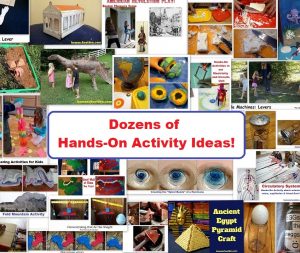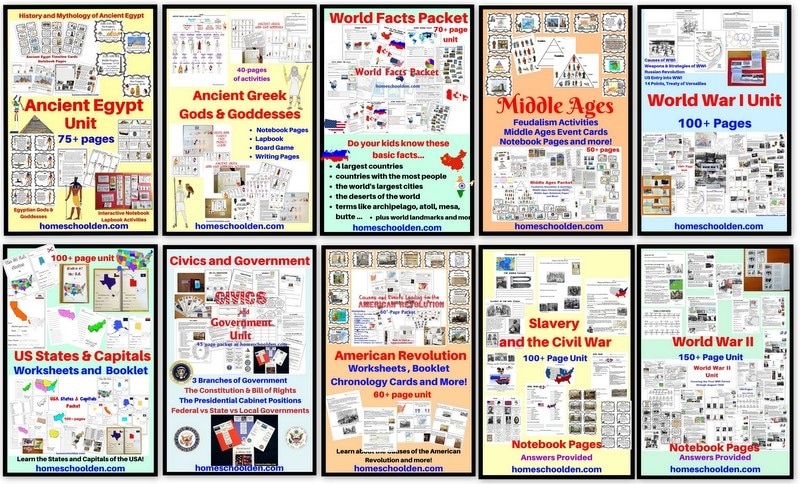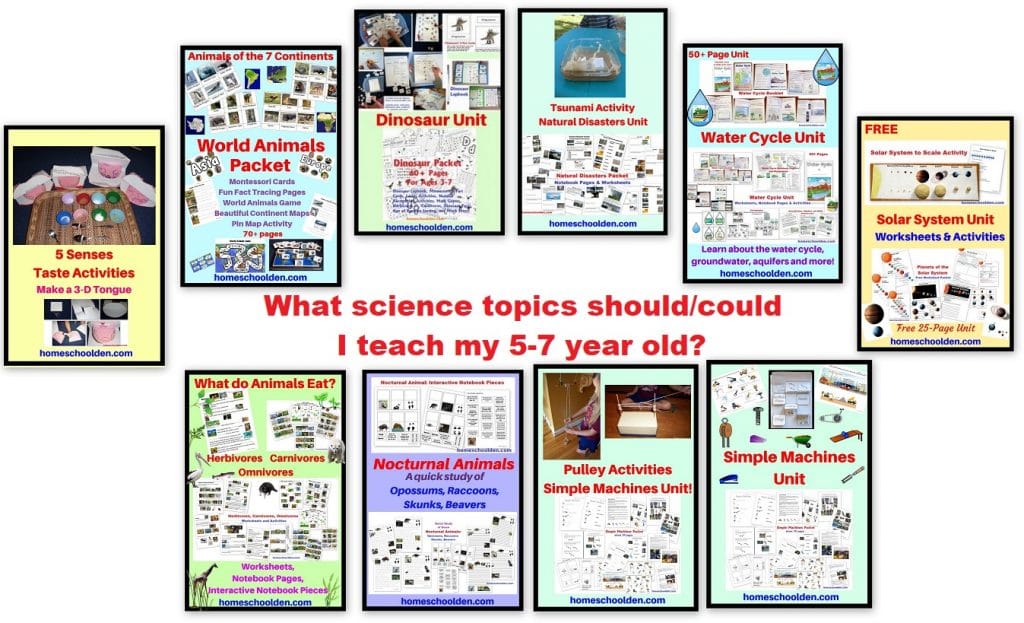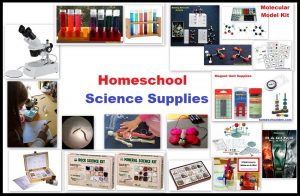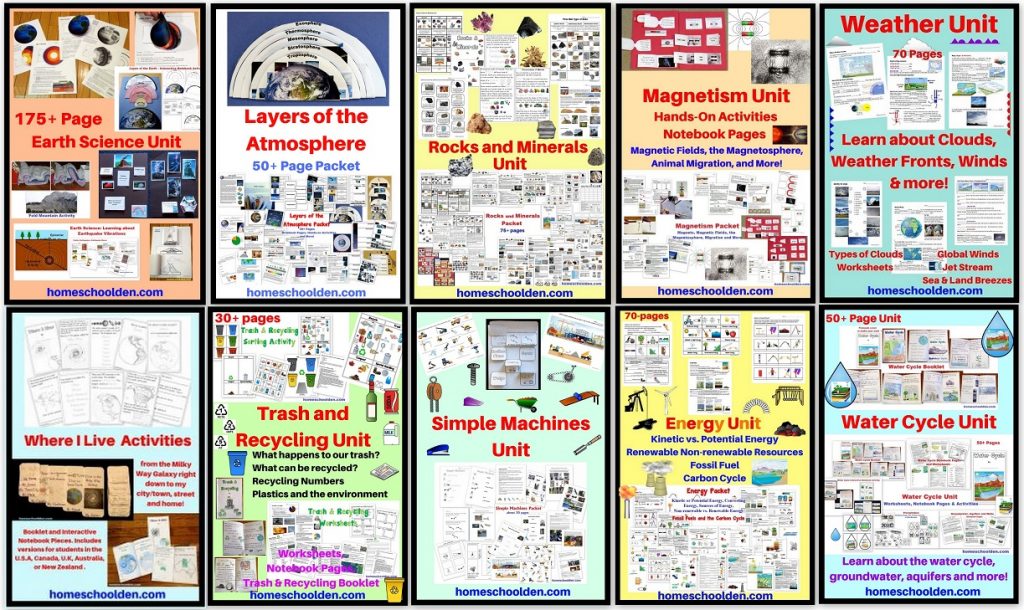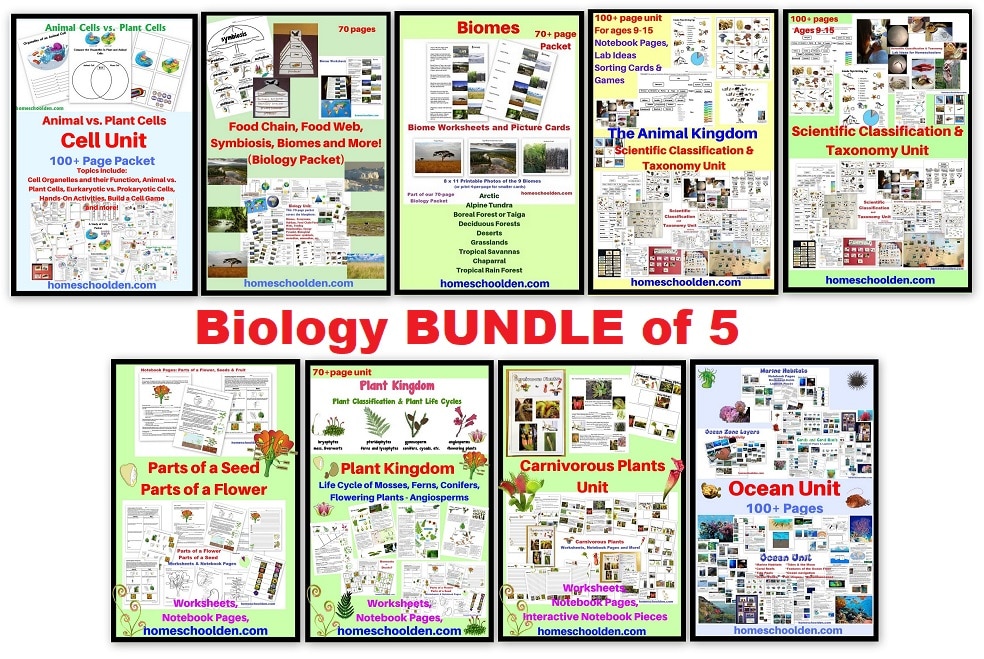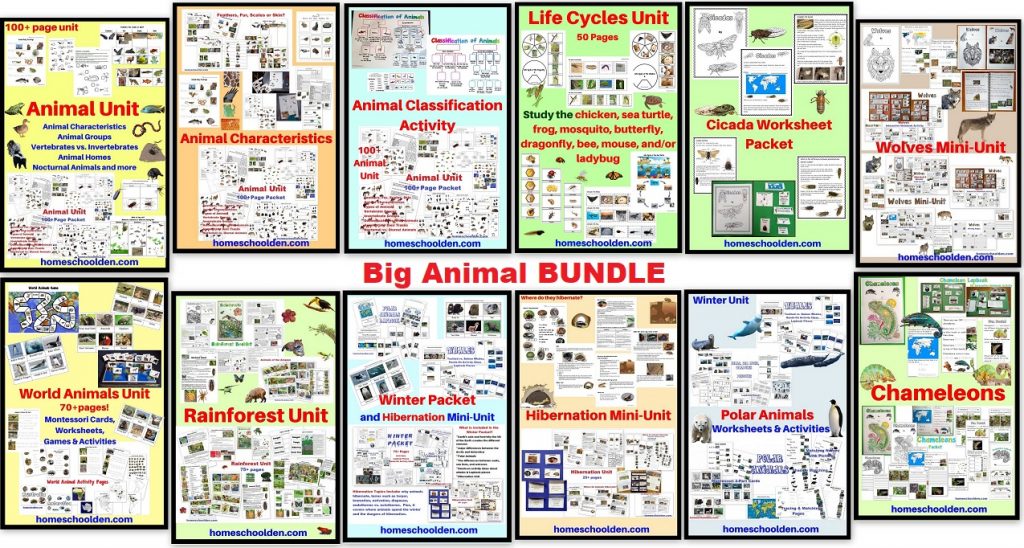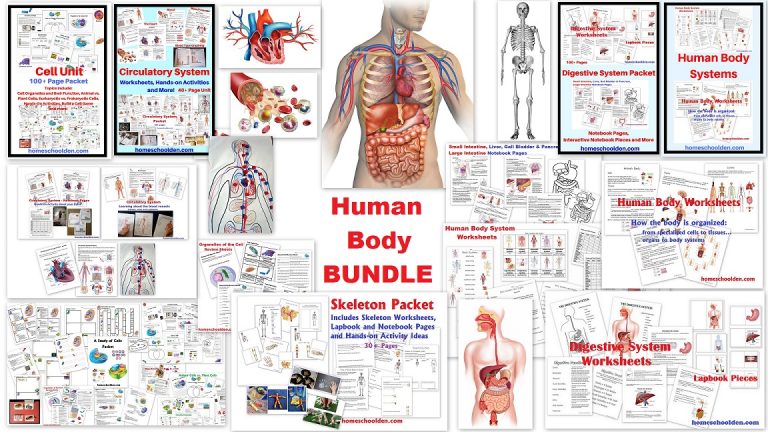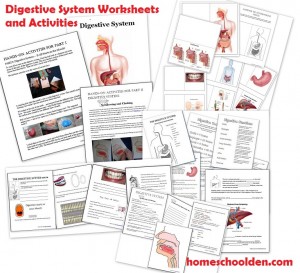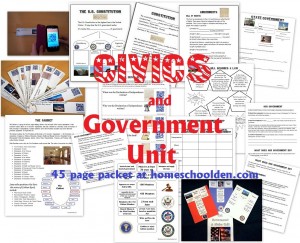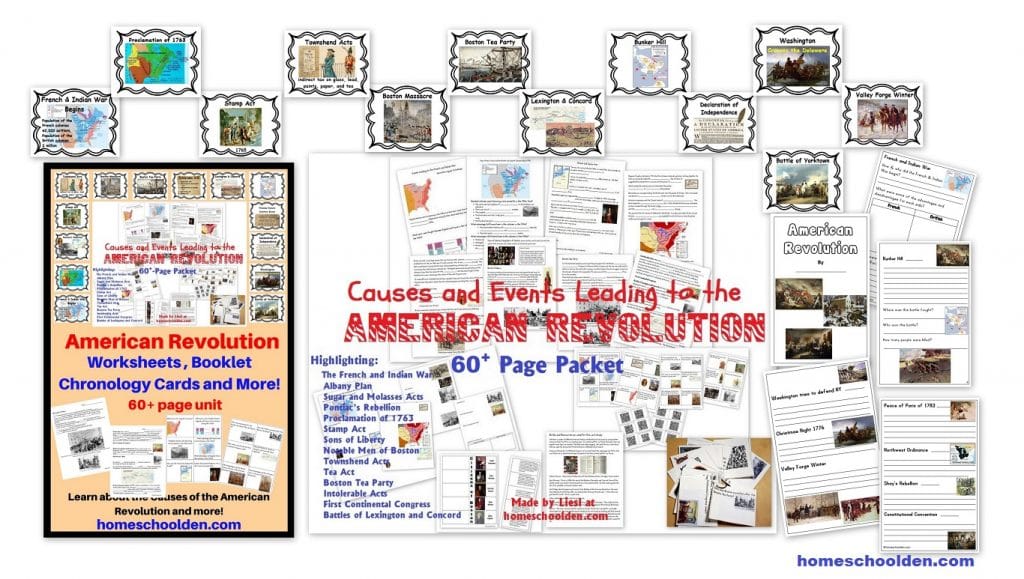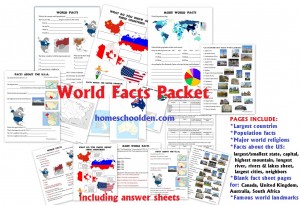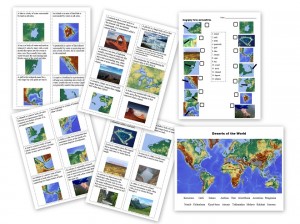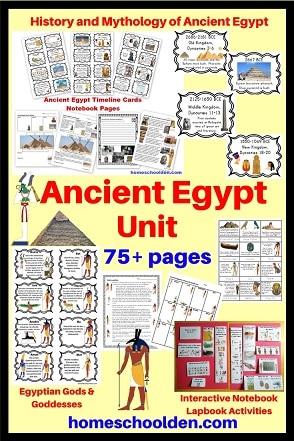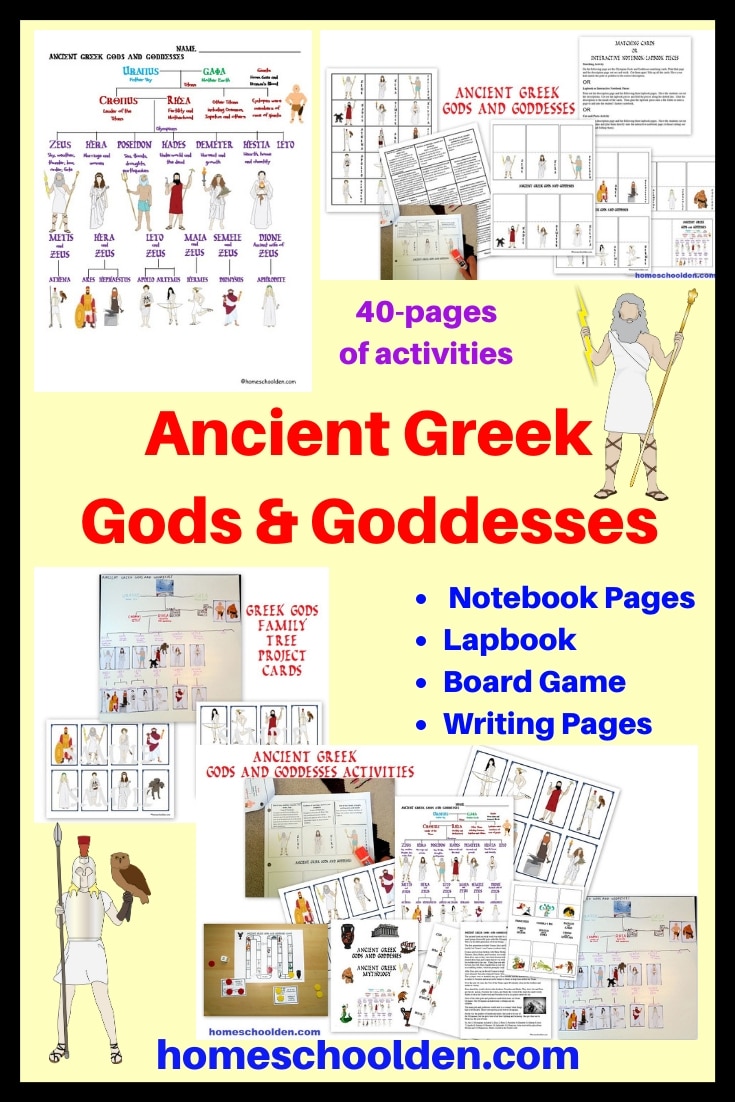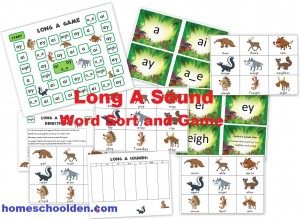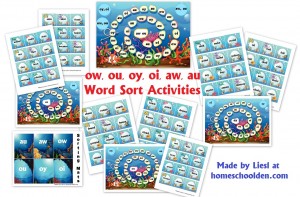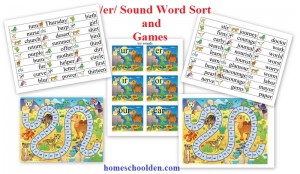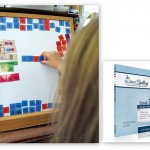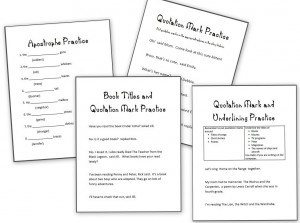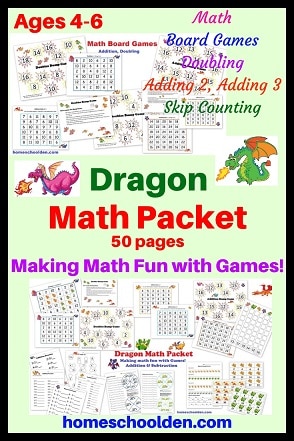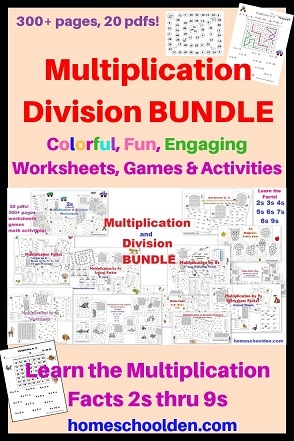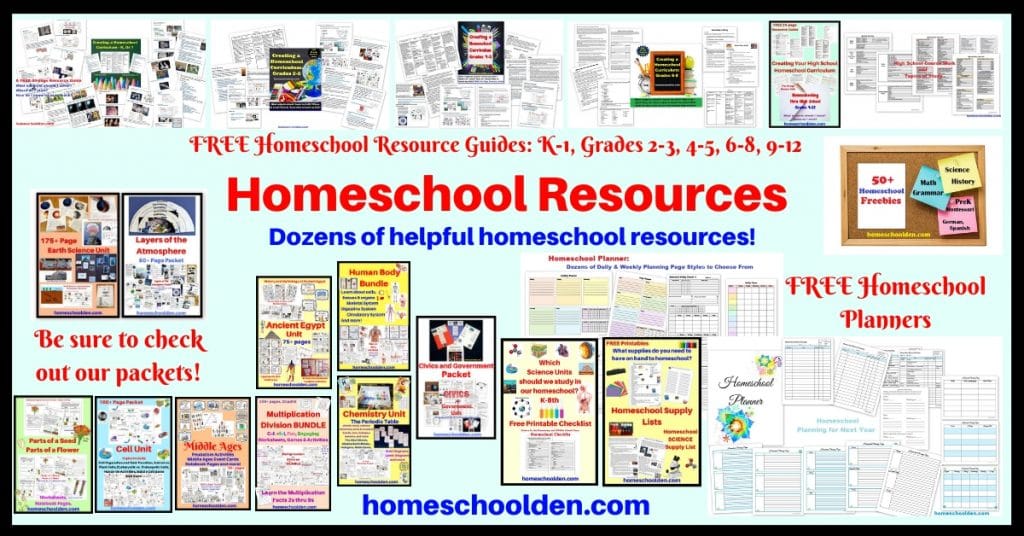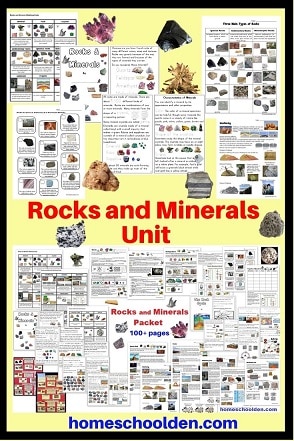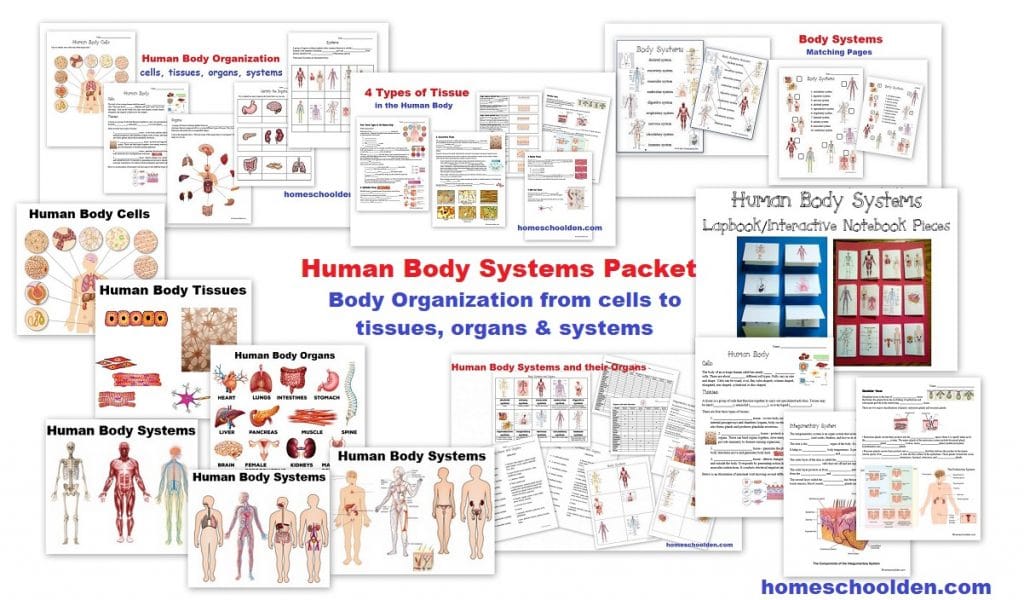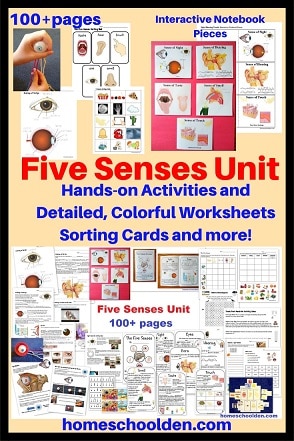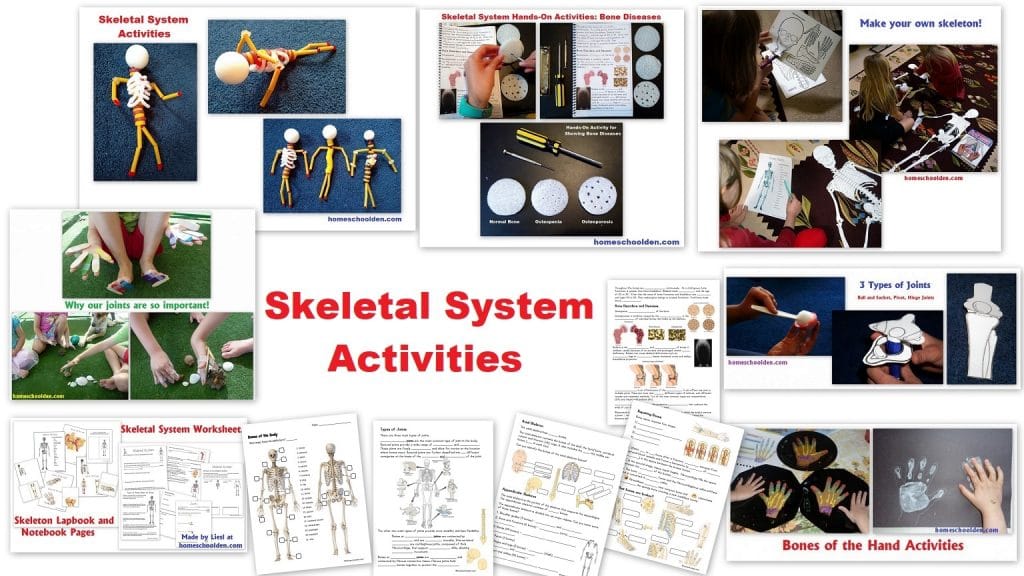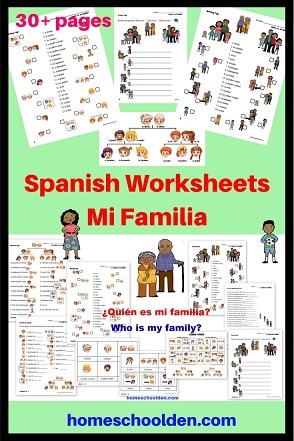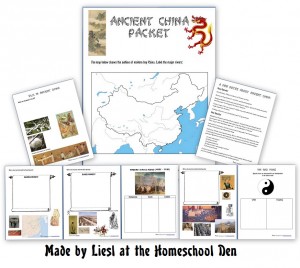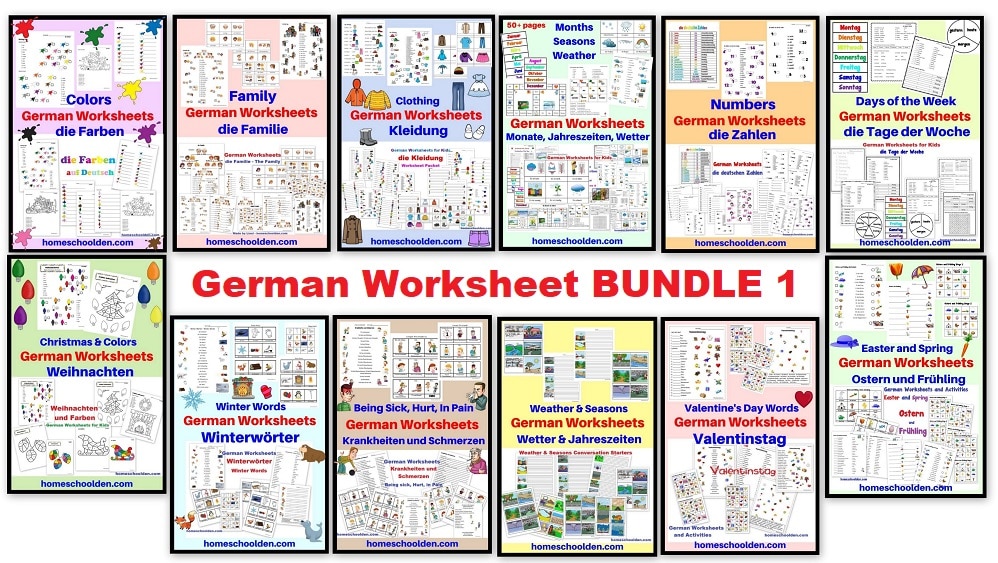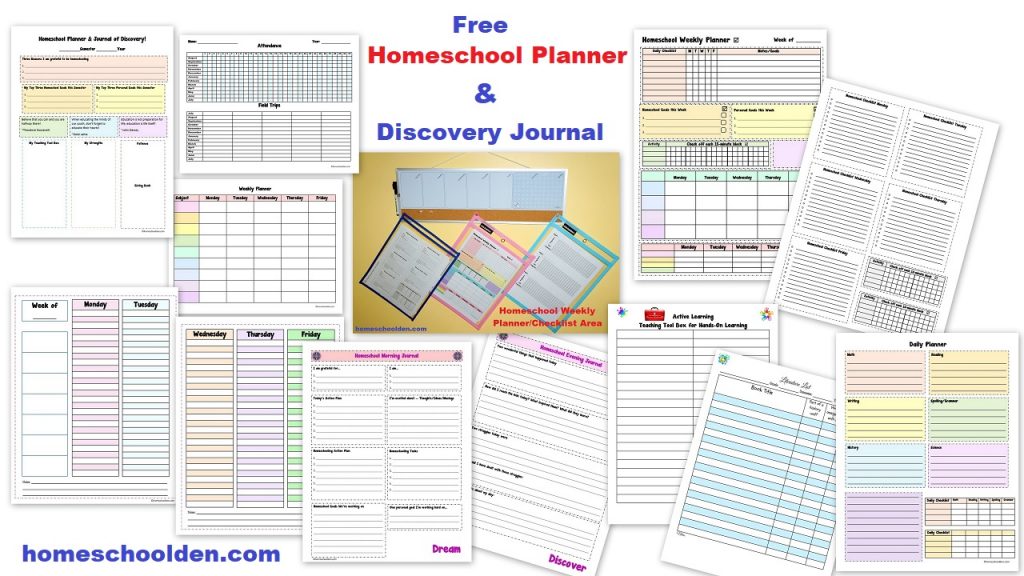Scientific Classification and Taxonomy Worksheets and Labs
Be sure to check out our Scientific Classification and Taxonomy Unit!. I have added in some new material and this Animal Classification Unit is now over 100 pages!
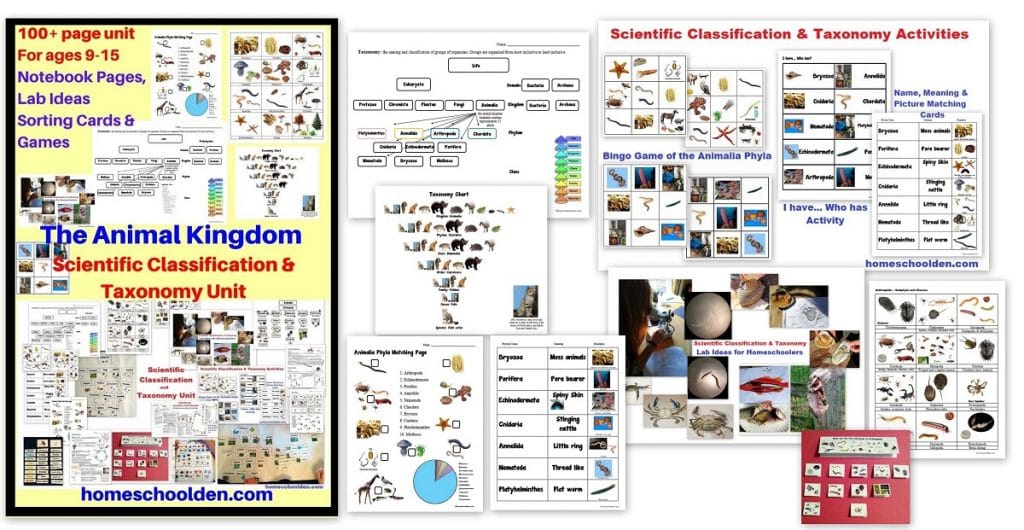
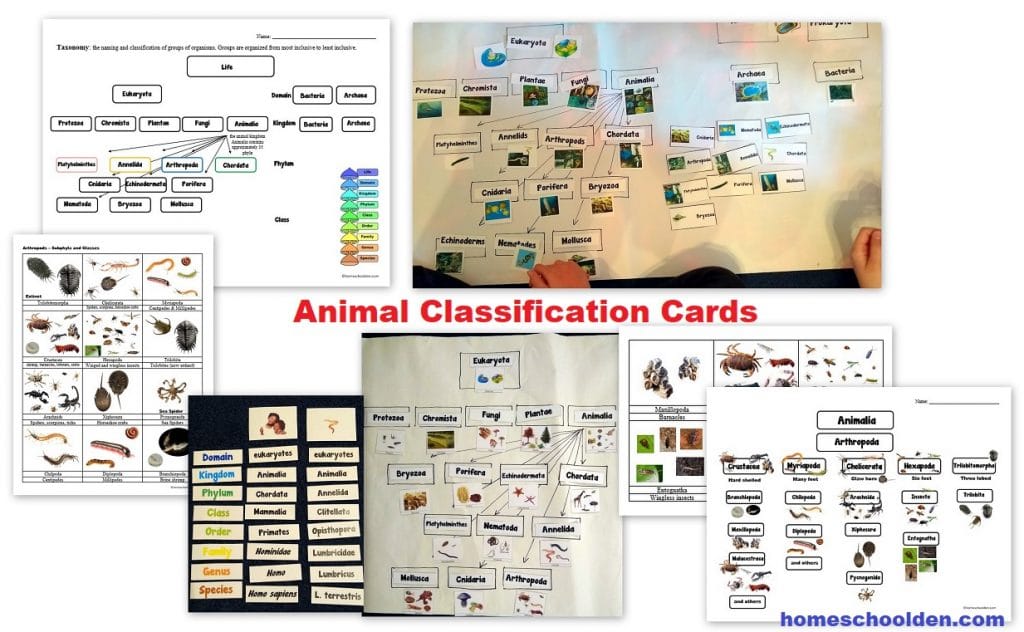
Scientific Names Worksheets: All living things have a two-part scientific name. We talked quite a bit about the naming process, both how this was established by Linnaeus and then we did a few worksheets to learn about the scientific names for some animals .
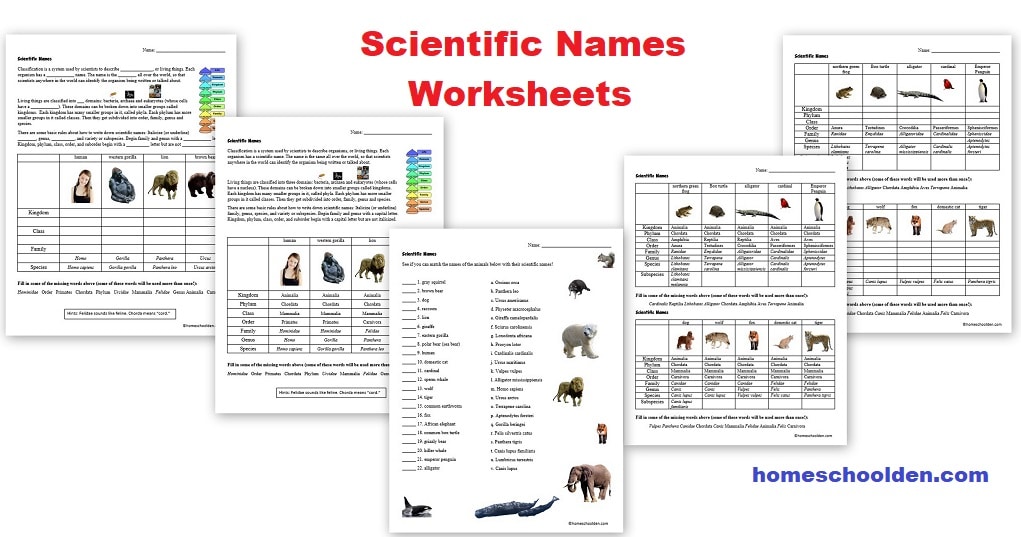
Click here to save this for later on Pinterest
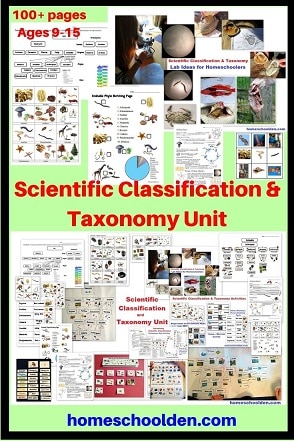
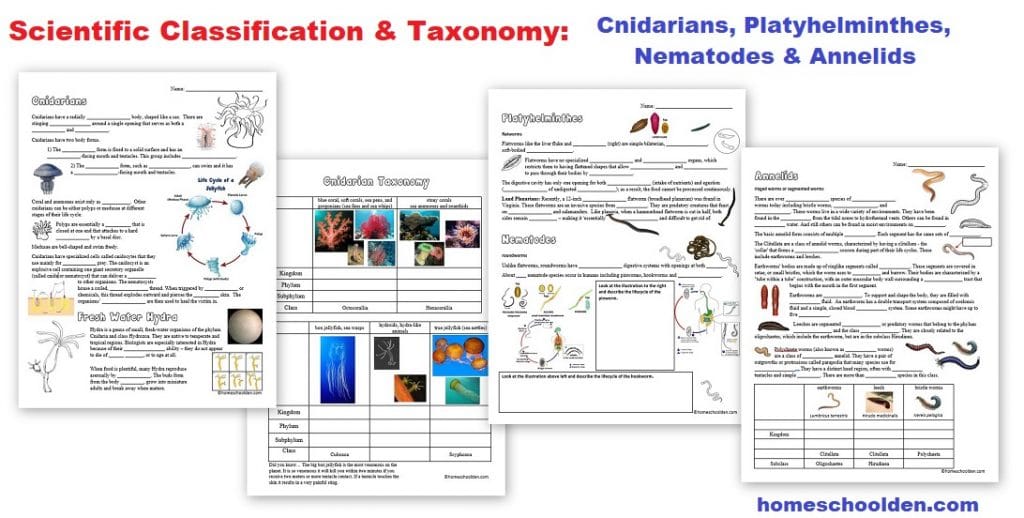
For this section I made some sorting cards on the 5 sub-phyla as well as some of the classes that belong under each of those. There are also worksheets and notebook pages. The girls are doing research on a couple of the sub-phyla and will present that information to each other.
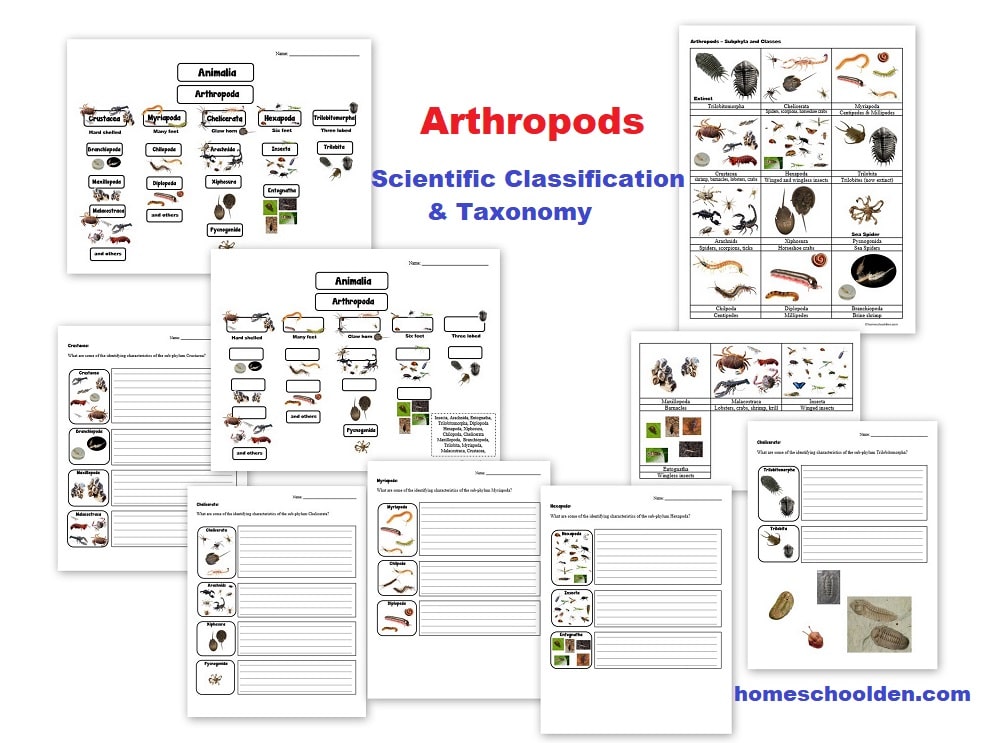
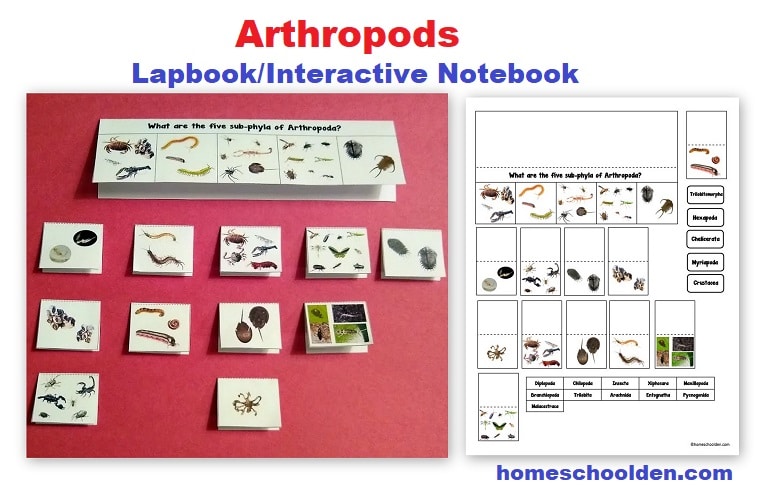
We laughed at how challenging the class names were to pronounce (we used dictionary.com to figure out how to pronounce Phthiraptera – lice!! Our goal was not to memorize all these different classes, but to explore a little deeper how challenging it is to organize and classify all the different organisms in existence!
My kids loved this unit because there were a lot of lab activities we could do at home… from watching live organisms under the microscope to some basic dissection activities.
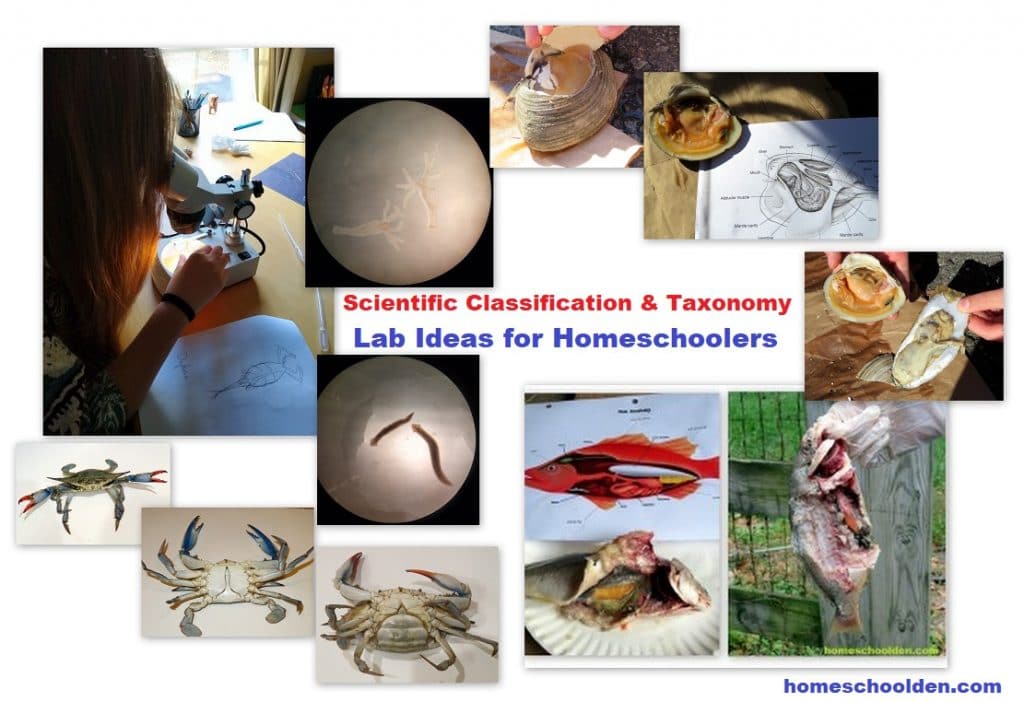
It has an introductory activity about classification. As we started off this unit, we started off by talking about why we classify things. We learned about the dichotomous key and did a number of activities to understand how they work. We talked about why classification is useful and how we can do that in a way that is organized and logical.
History of Scientific Classification: From there we went on to talk about Linnaeus and how much the classification system has changed just in the last thirty years. I told the kids that the groupings we learned about is very likely to change by the time they study classification in college because things have changed so much!
We also looked at a taxonomy chart (for domestic cats) and talked about the way organisms are named (by genus and species). The reference sheet (below right) explains the human taxonomy chart and groupings.
We talked extensively about the current Classification System and the different levels:
- Domain
- Kingdom
- Phylum
- Class
- Order
- Family
- Genus
- Species
Then, we started diving into understanding the modern taxonomy chart.
You saw some of the new materials above, but here are some more pictures of what is included:
Activities: To review all of the Animal Phyla we played quite a number of review games (they loved that!)
I also provided a separate PDF of a sample day. In that, I explained with pictures, some of the activities we did to review and learn new material. On that particular day we did about 9 different activities.
What age is this unit for? My kids were 9, 12 and 14 when we did this unit the first time and my girls are 12 and 15 doing this unit the second time. I recommend this unit for middle school and early high school. If you want to cover basic scientific classification with your younger kids, I recommend the Animal Unit. This includes vertebrate-invertebrate sorting cards, animal characteristics, feathers, fur, scales or skin, animal homes, and much more!
This packet is now more than 100 pages.
Our units are PDF digital downloads. Be sure to check your PayPal email address for the download link. If you have any questions or problems feel free to email me! You should get your automatic download link from SendOwl within a few minutes. If you don’t, be sure to email me if you need me to send the link to you again! Here are some answers to some Frequently Asked Questions. ~Liesl
Scientific Classification & Taxonomy Packet is $7.99.
Note: This packet is included in the Biology Bundle (see below).
Cost: $7.99

It may take a few minutes, but you will get an automatic email from SendOwl with your download link.
You might also be interested in our other biology units. Find out more by clicking the links below or you can add them to your shopping cart using the buttons below.
These are all available at this Biology Bundle Page or Our Store:
Biology BUNDLE OPTIONS:
Visit this Biology Bundle Page for more details (and lots more pictures!)
$44.99 Biology BUNDLE of 7: 1) Biology Unit (Biomes, habitats, food chains/webs, feeding relationships) 2) Scientific Classification & Taxonomy Packet 3) Ocean Unit & Layers of the Ocean/Ocean Zone Activities 4) Cells Unit 5) Botany Unit 6) Pathogens Unit – Bacteria, Protozoa, Fungi, Parasites/worms; Viruses and Prions 7) New! The Cell Cycle and Mitosis
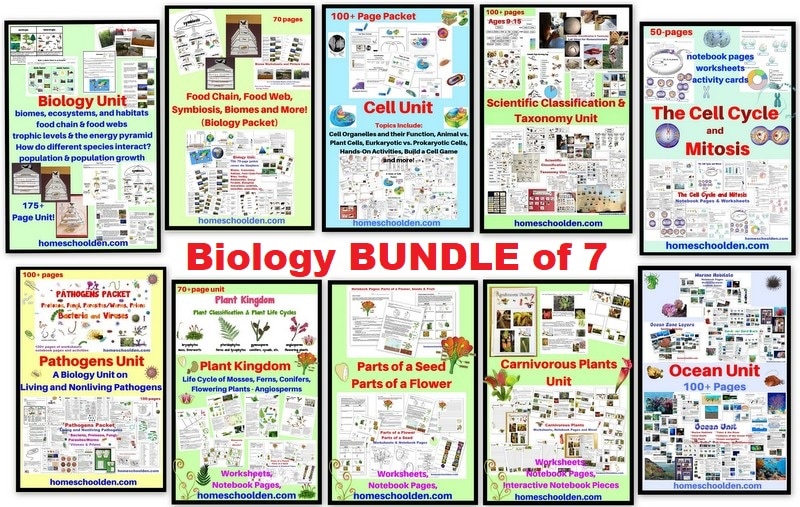
$8.99 Biology Unit: Biomes, habitats, ecosystem, biological interactions, feeding relationships (170 pages)
$8.99 Cells Unit (150+ pages) – cell theory, prokaryotic vs. eukaryotic cells, animal vs. plant cells, organelles of the cell, chloroplast anatomy, the layers of a leaf, photosynthesis and more.
$7.99 Botany Packet — (80 pages) Plant Classification, Life Cycle of the Moss, Fern, Conifer, Angiosperms, Parts of a Flower, Parts of a Seed, Seed & Fruit Development, Monocots vs Dicots – plus Carnivorous Plants Mini-Unit
$8.99 Ocean Unit – Layers of the Ocean/Ocean Zone: (100+ pages) Marine Habitats, Coral Reefs, Tide Pools, Water Form Words, Ocean navigation, Features of the ocean floor, salinity, ocean tides & currents, ocean life, bioluminescence & more!
$7.99 Scientific Classification and Taxonomy Packet (100 pages) dichotomous key activity, Linnaeus & the history of classification, learn the Animalia phyla (Annelids, Platyhelminthes, Nematodes, Cnidaria, Animalia, etc.)
$8.99 Pathogens Packet (100 pages) – This unit covers the six major living and nonliving pathogens: bacteria, protozoa, fungi and parasites/worms as well as viruses and prions. The large majority of this packet goes into detail about bacteria and viruses.
$5.99 The Cell Cycle and Mitosis Packet (50+ pages) – This unit covers topics/terms such as cell division, cell death (apoptosis), nucleosomes, histones, binary fission, chromatin, chromosomes, centromere, sister chromatids, and the lifespan of human cells as well as the stages of the cell cycle including interphase (G1, S, G2) and mitosis (prophase, anaphase, metaphase, telophase, cytokinesis)
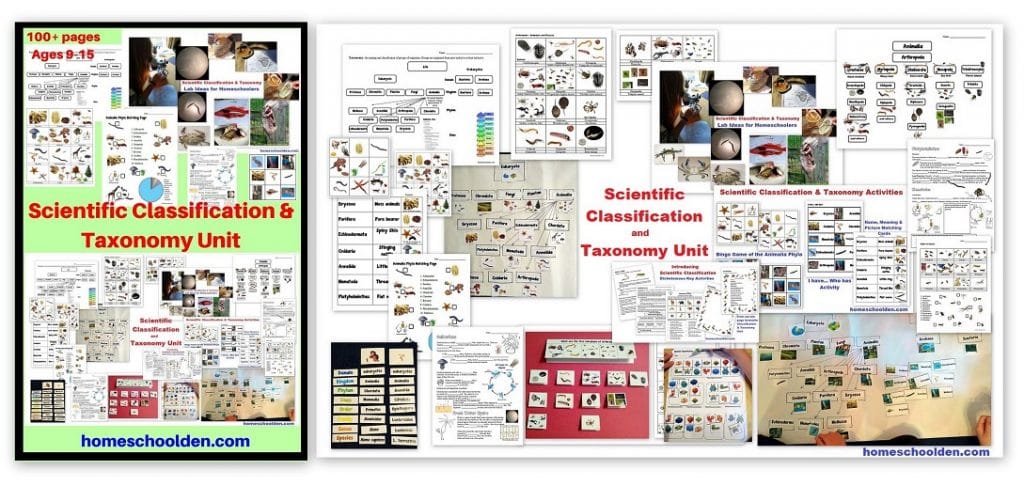
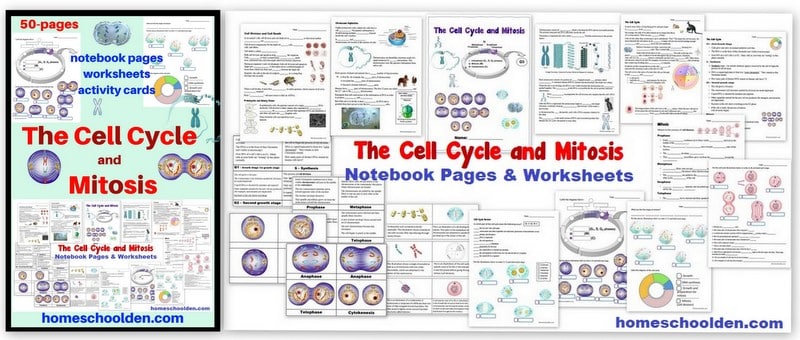
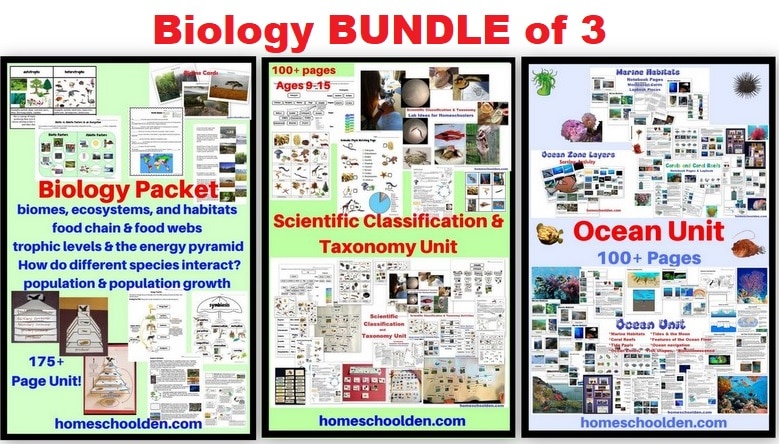

Biology Unit: Ecosystems & Biomes and More
Biology: Cell Unit
Cell Unit: (Now more than 150 pages) The Cells Unit covers cell theory, prokaryotic vs. eukaryotic cells, animal vs. plant cells, the organelles of the cell, and now goes into more detail about chloroplast anatomy, the layers of a leaf, photosynthesis, and more.
Biology: Botany Unit
Botany Packet — Plant Classification, Life Cycle of the Moss, Fern, Conifer, Angiosperms, Parts of a Flower, Parts of a Seed, Seed & Fruit Development, Monocots vs Dicots – plus Carnivorous Plants Mini-Unit
Biology: Ocean Unit
This unit is a study of the hydrosphere — Earth’s oceans, tides, marine life (including bioluminescent critters, and more!)
In our ocean studies we explored
- Marine Habitats
- Coral Reefs
- Tide Pools
- Water Form Words (bay, estuary, lagoon, fjord, etc.)
- Features of the Ocean Floor (trench, seamount, guyot, etc.)
- Ocean Navigation (early navigation with astrolabes & the constellations, modern SONAR)
- Salinity
- Tides (and the phases of the moon)
- Ocean Currents (Surface & Deep Sea Currents)
- Ocean Life:
- Special Body Features
- Fish Body Shape and Movement
- Biological Interactions: Mutualism and Commensalism in the Ocean
- Deep Sea Life – Bioluminescence, Anglerfish
We also talked about the ocean zones and different layers of the ocean again (which we covered three or four years ago).
Pathogens Packet
See more details at the Pathogens Unit Page.
See you again soon here or over at our Homeschool Den Facebook Page! Don’t forget to Subscribe to our Homeschool Den Newsletter. You might also want to check out some of our resources pages above (such as our Science, Language Arts, or History Units Resource Pages) which have links to dozens of posts. You might want to join our free Homeschool Den Chat Facebook group. Don’t forget to check out Our Store as well.

The Welcome Series includes 5 packed emails… with tips on homeschooling, keeping motivated, finding various resources and freebies tucked away on the blog and more!
Plus, you’ll be the first to hear about new packets (generally offered at a discount when they are first released), seasonal resources and more!
Be sure to check out our other science units here or in our store!
